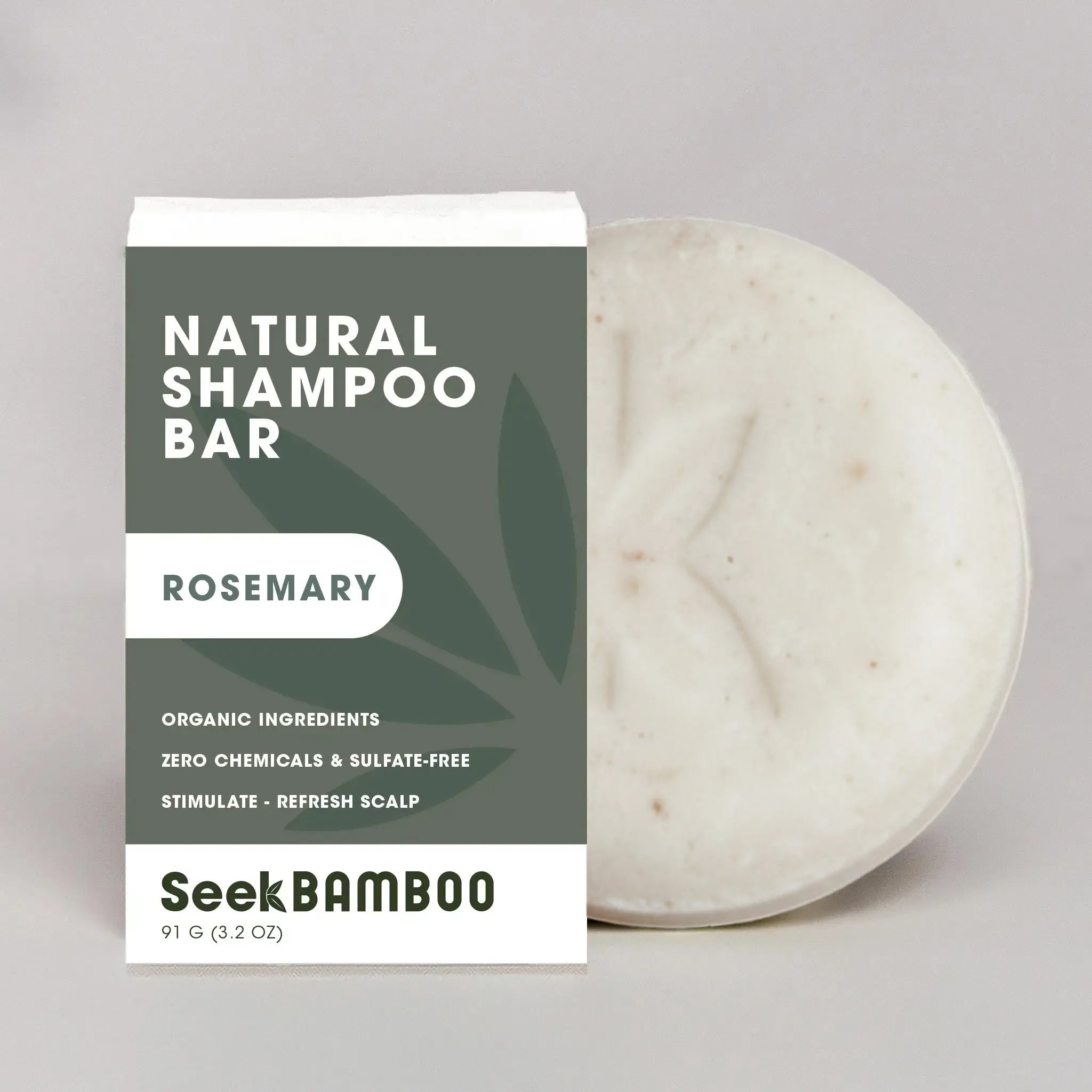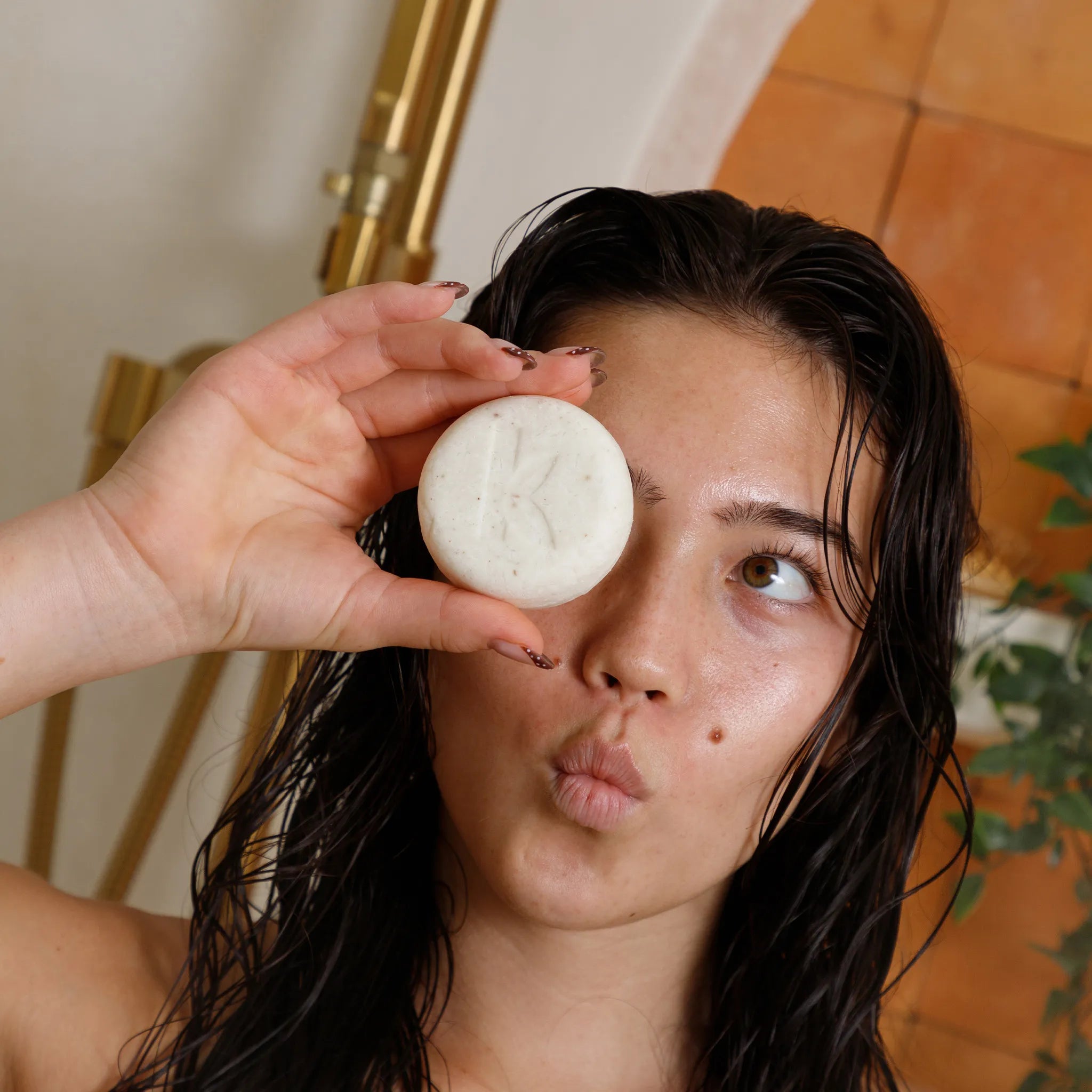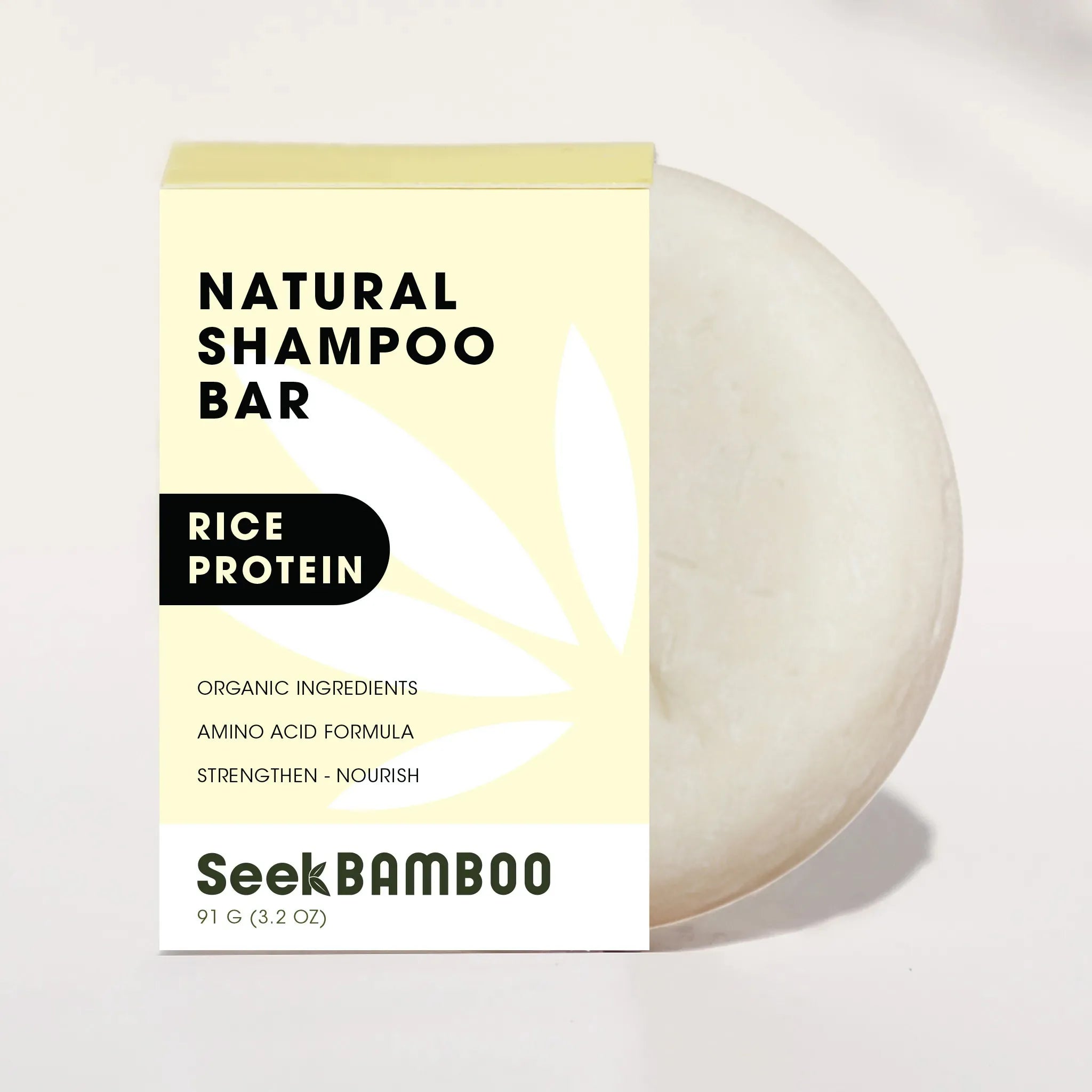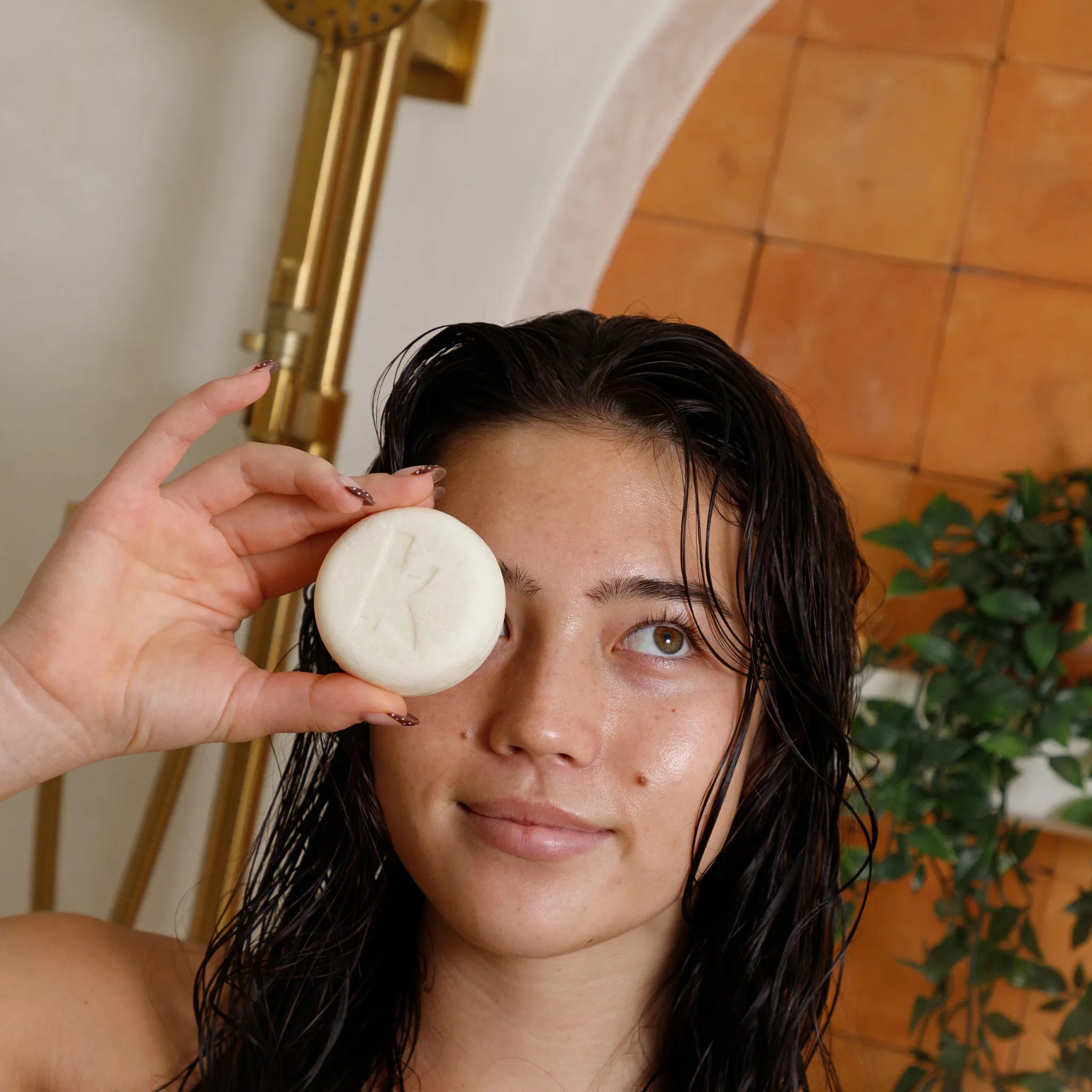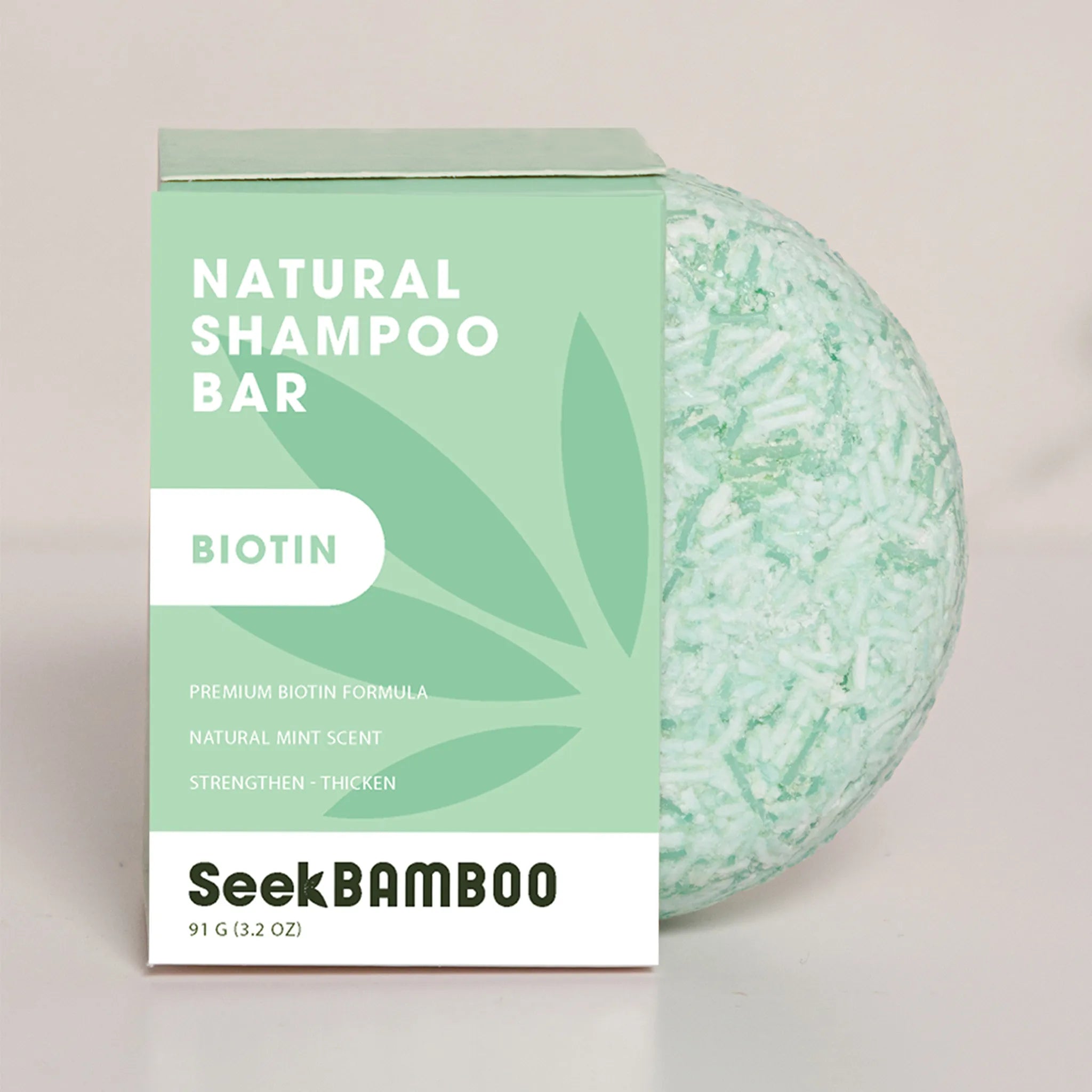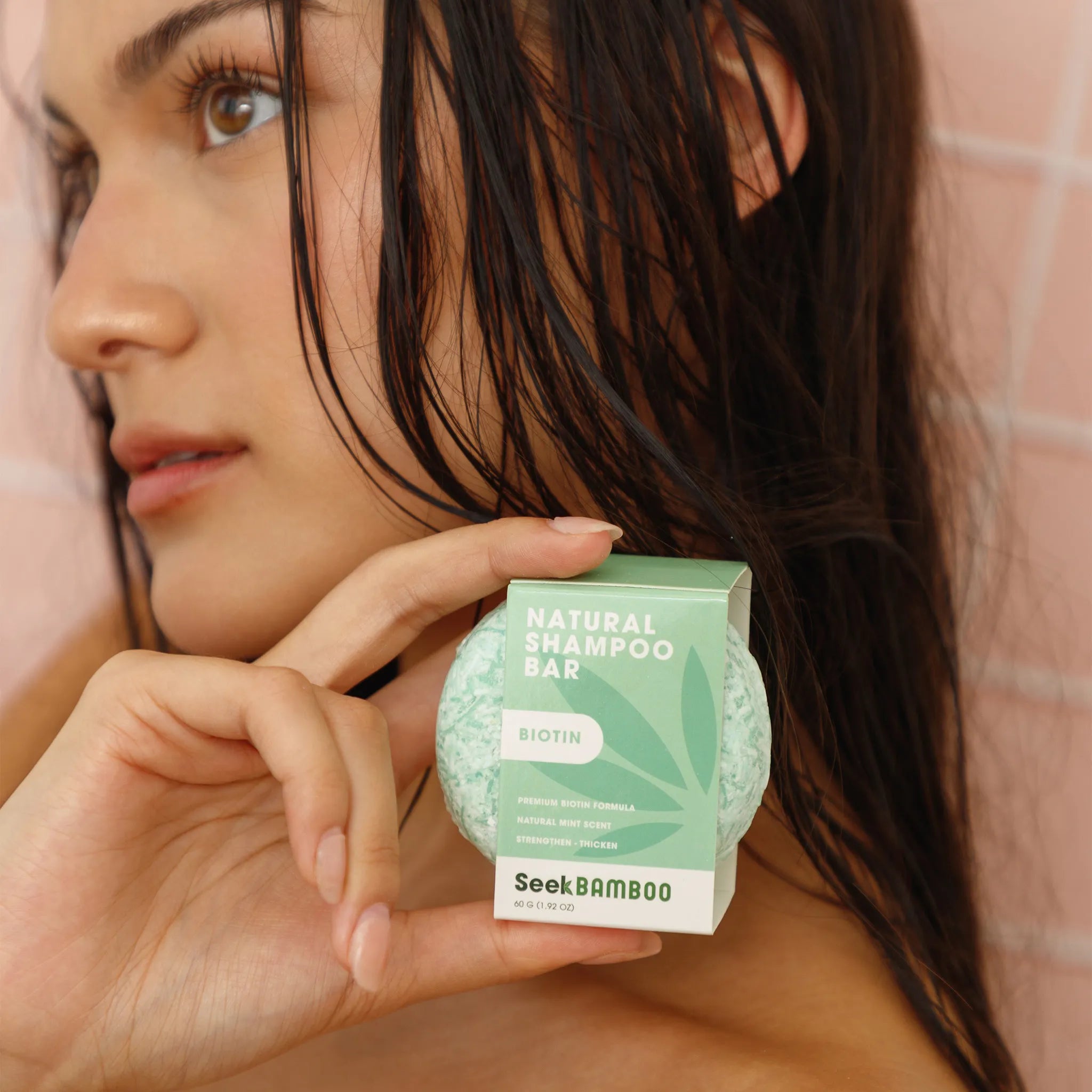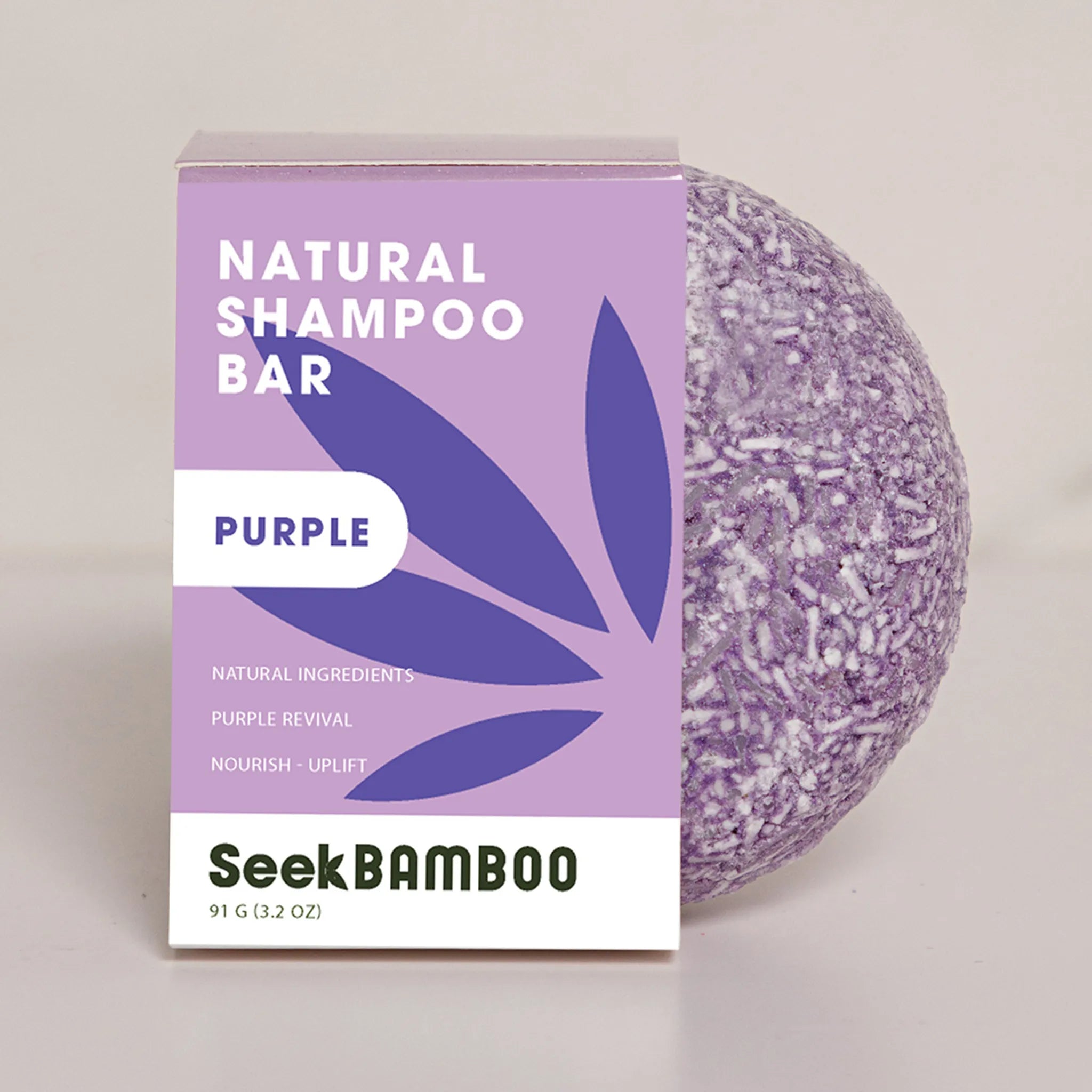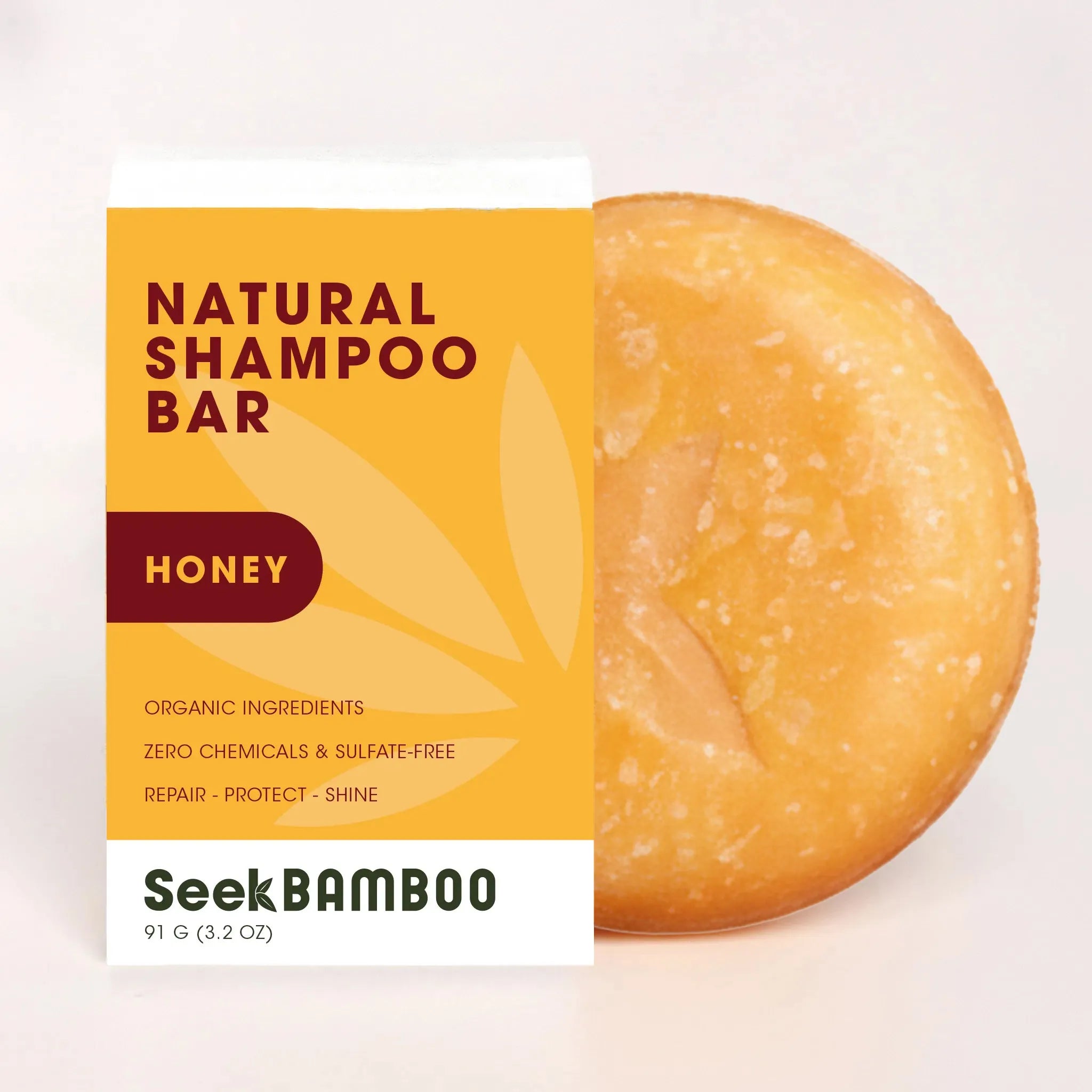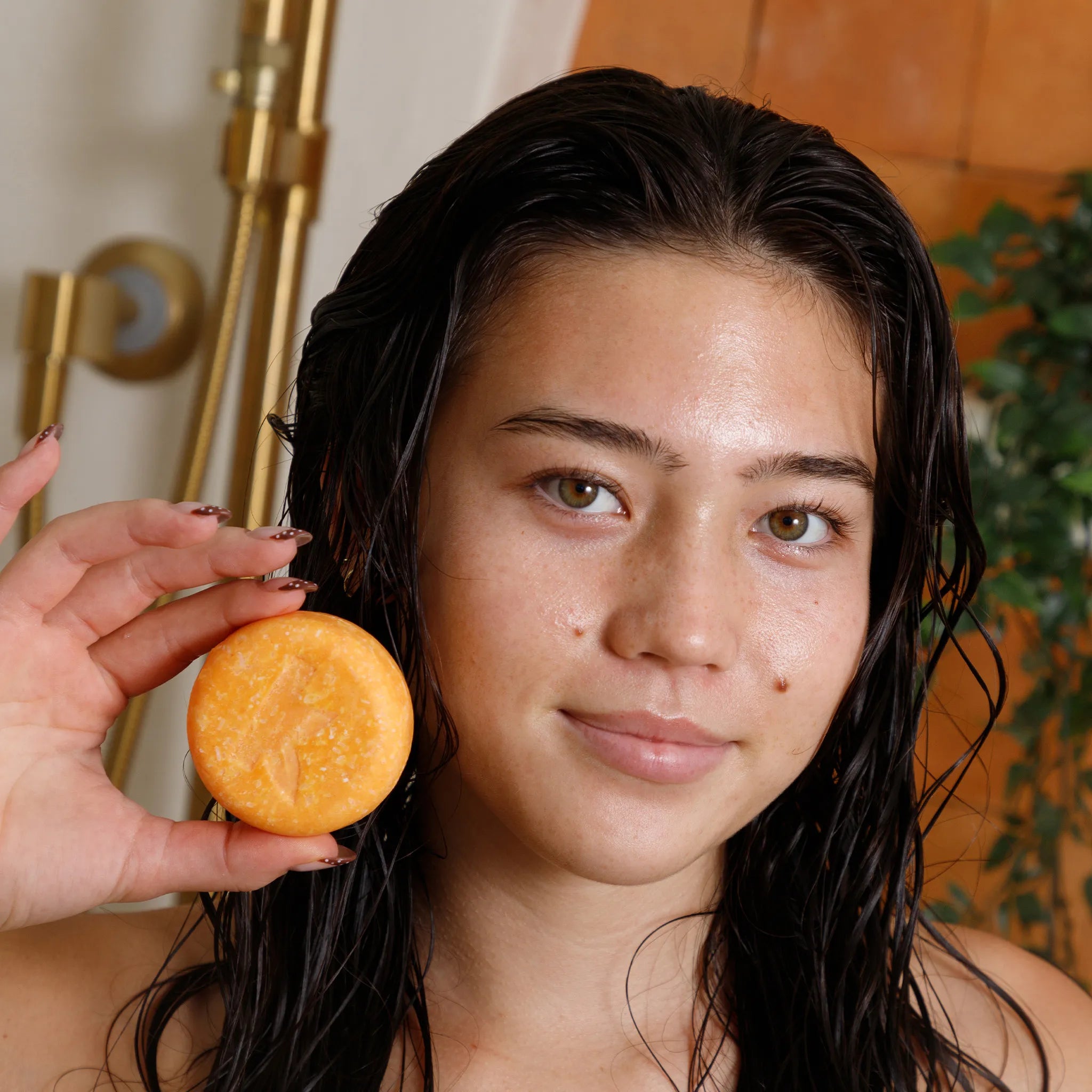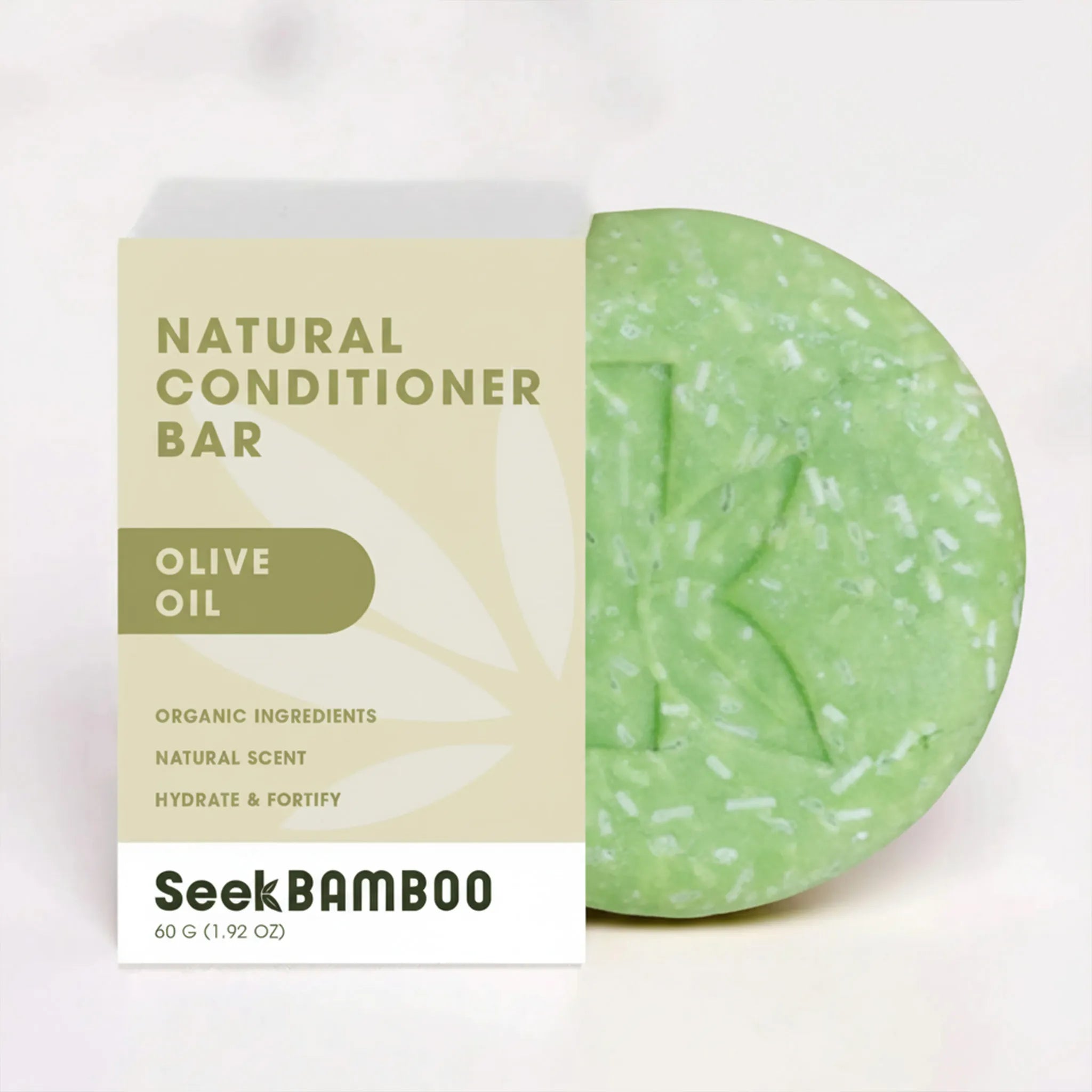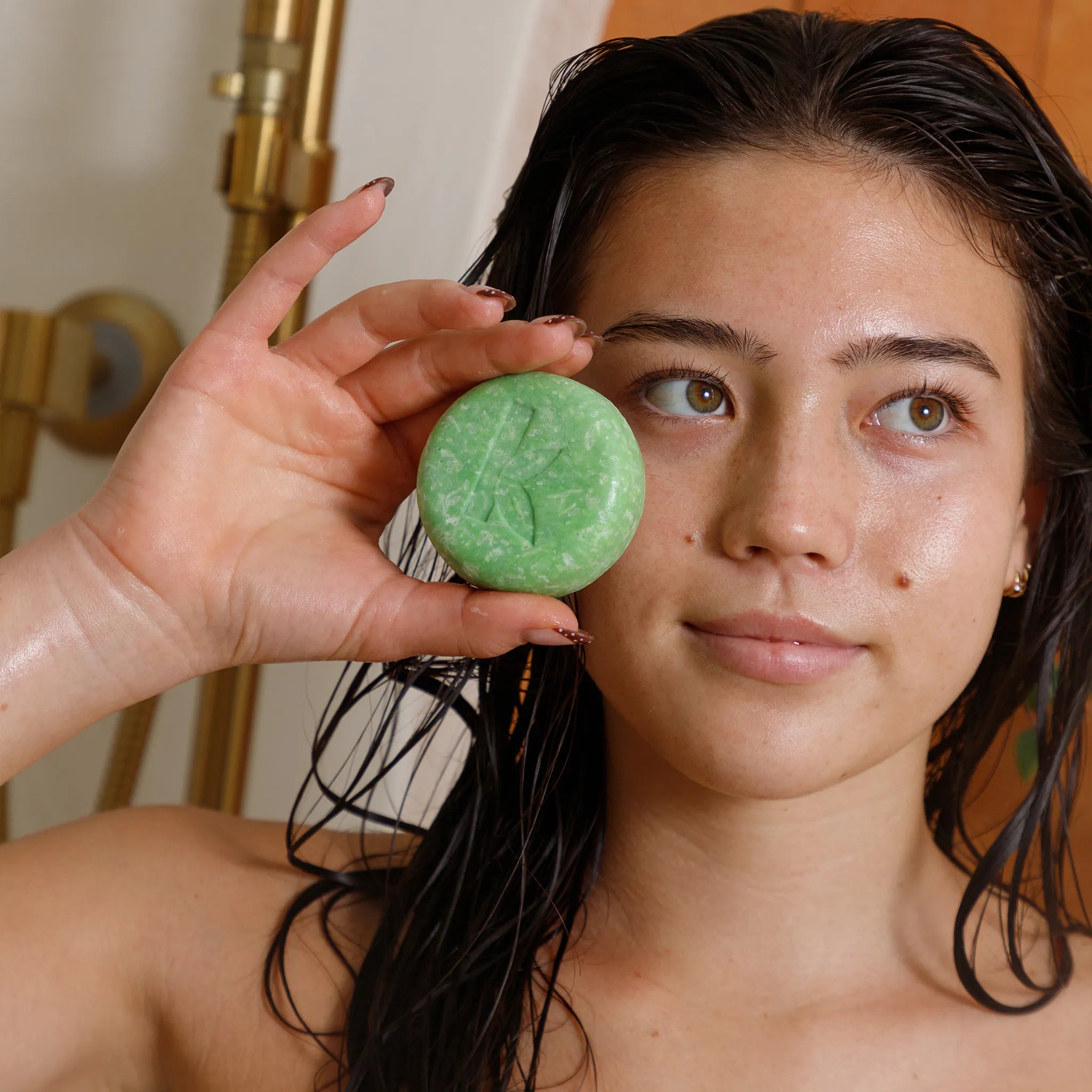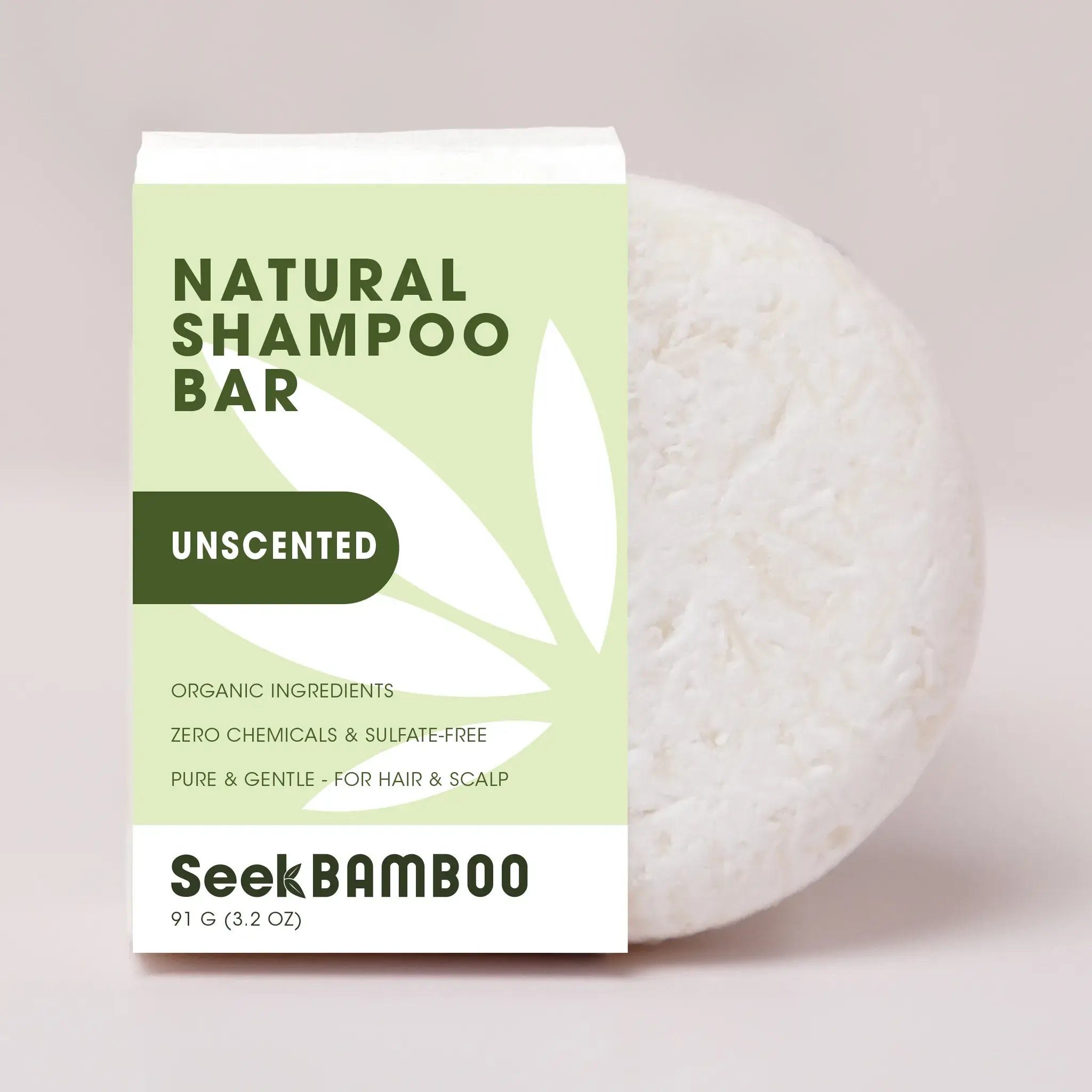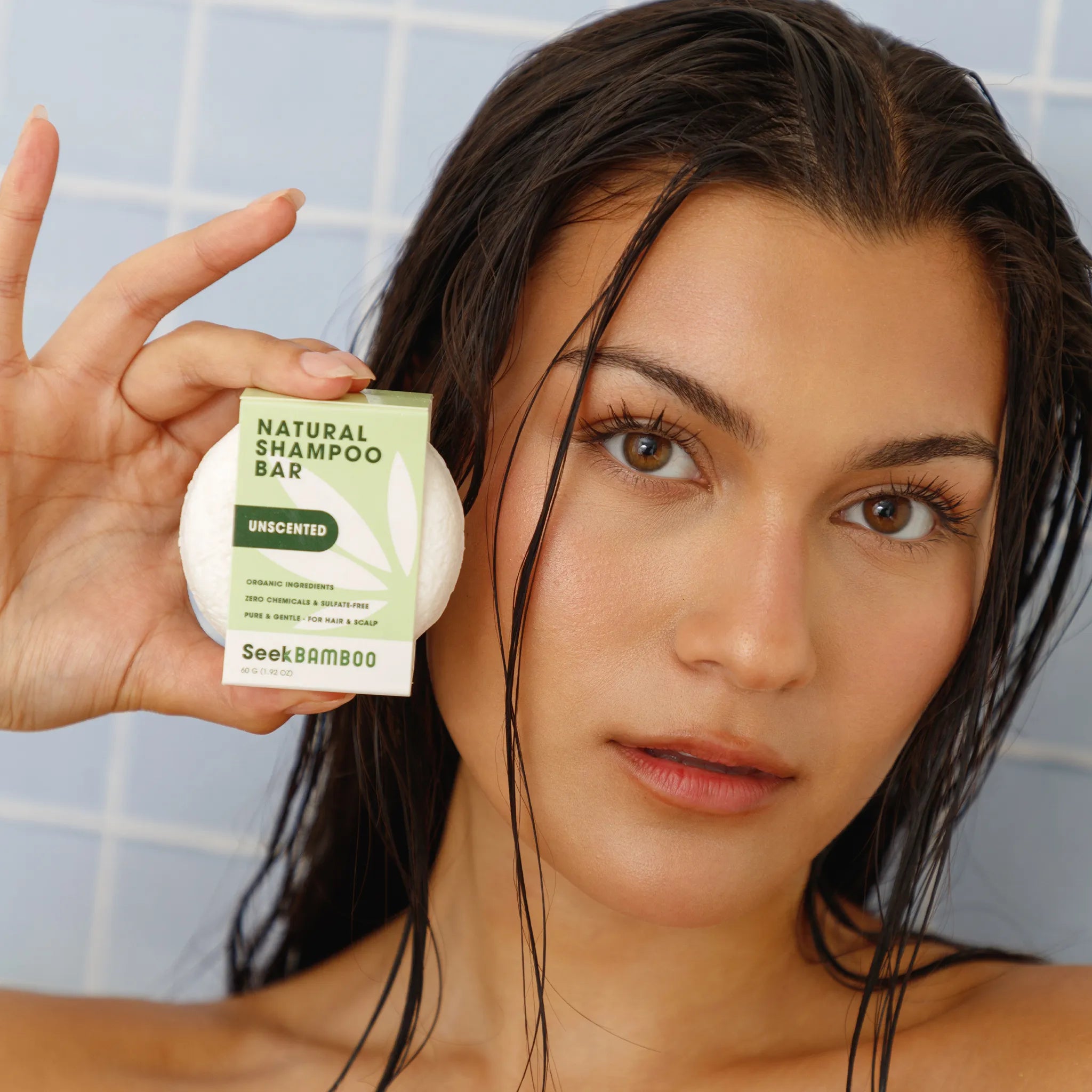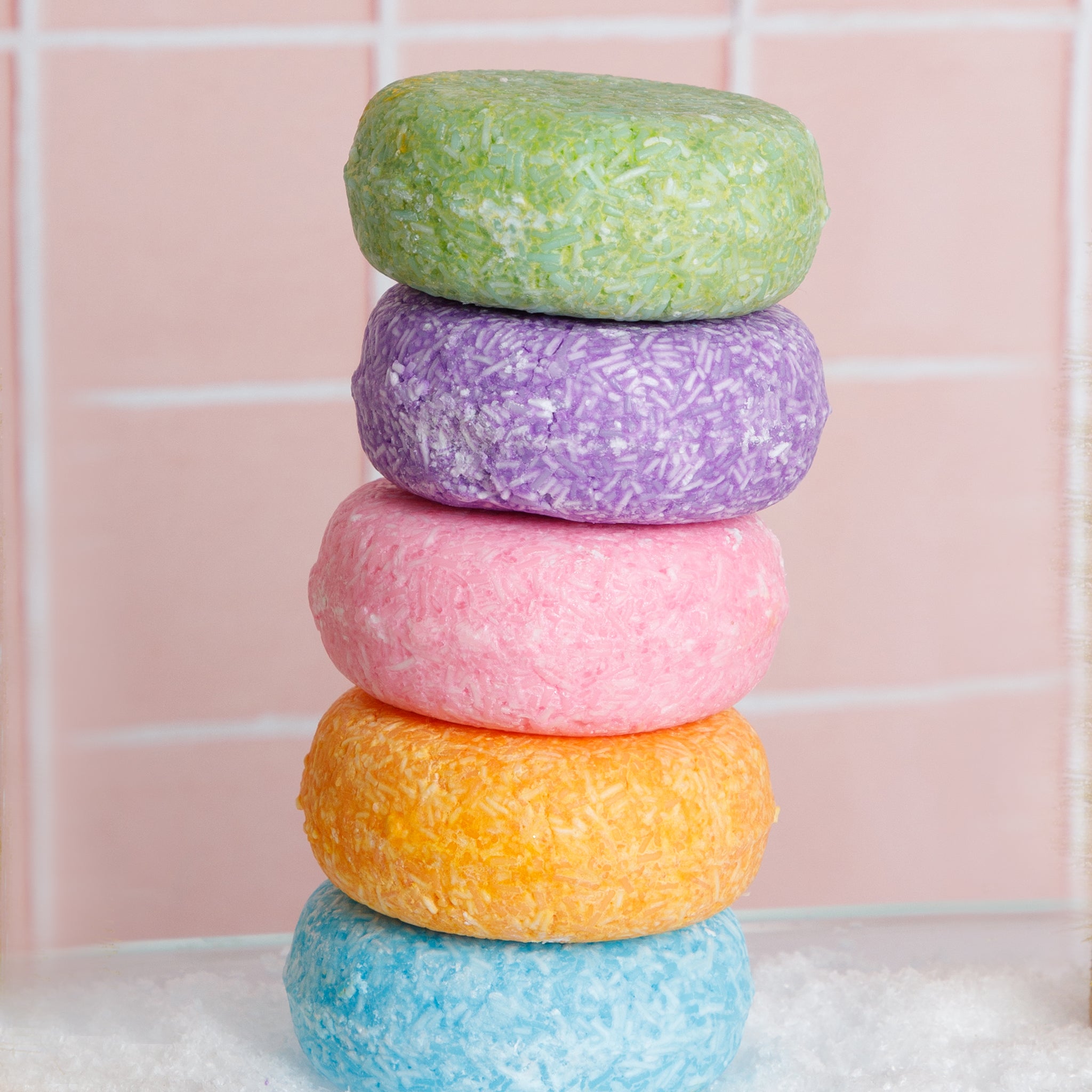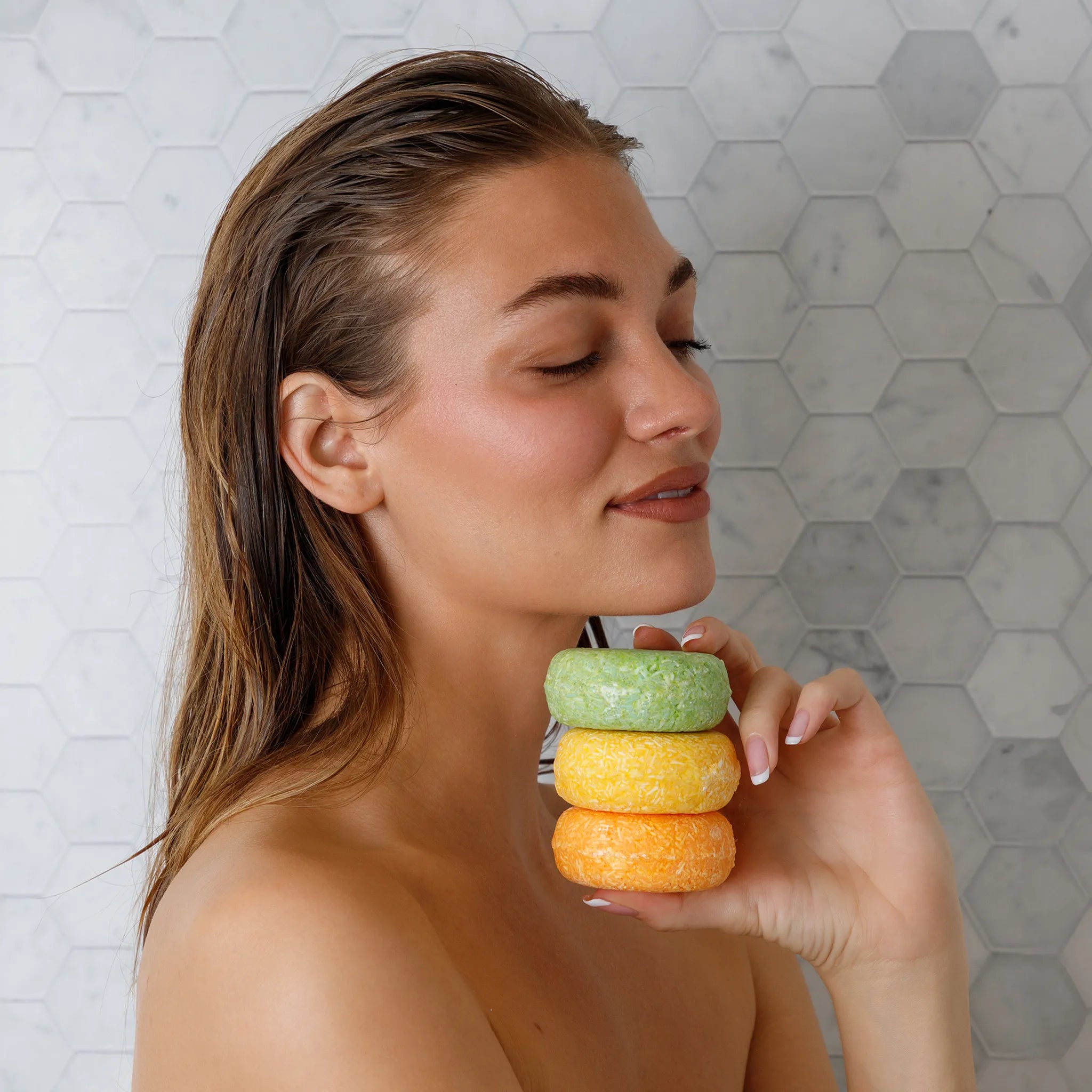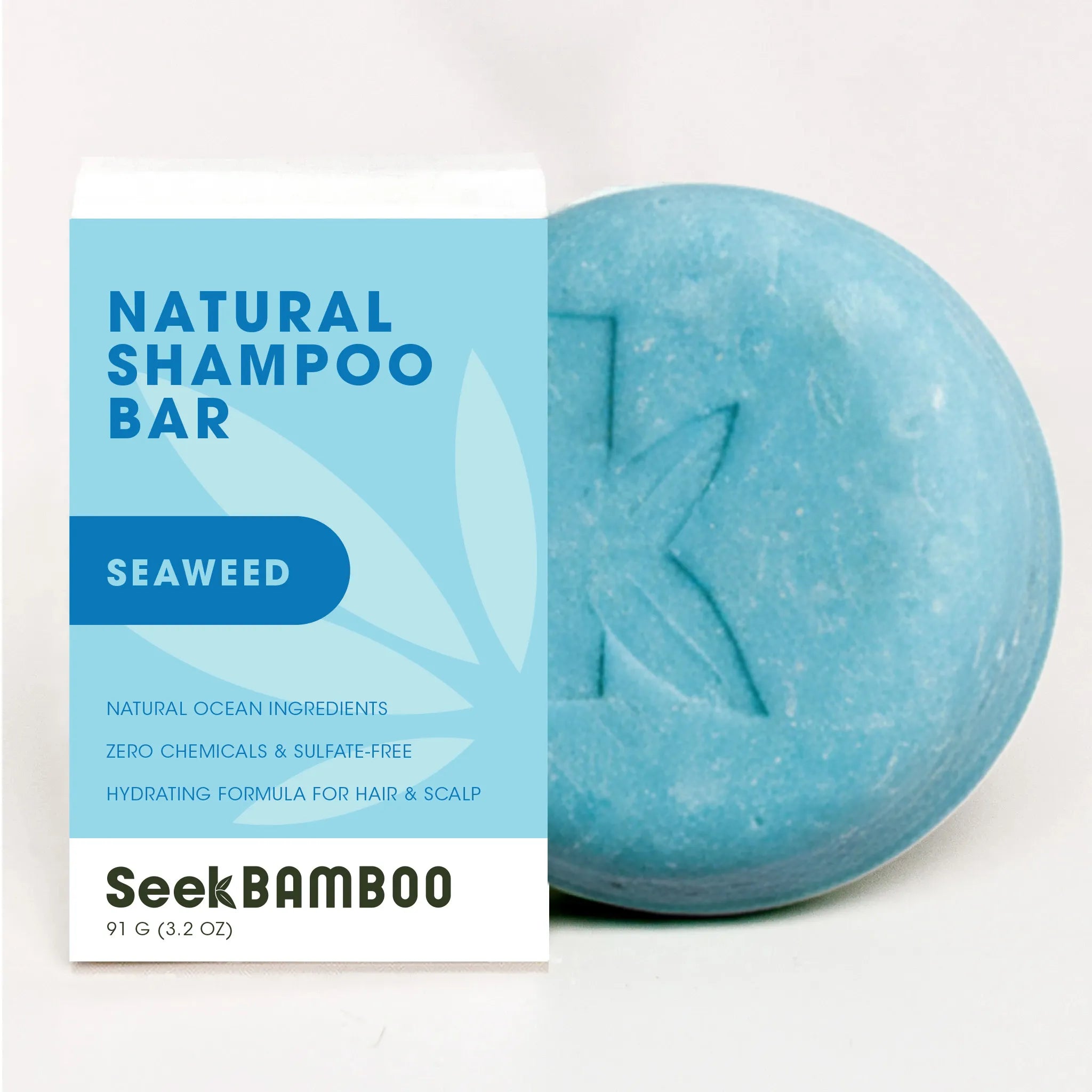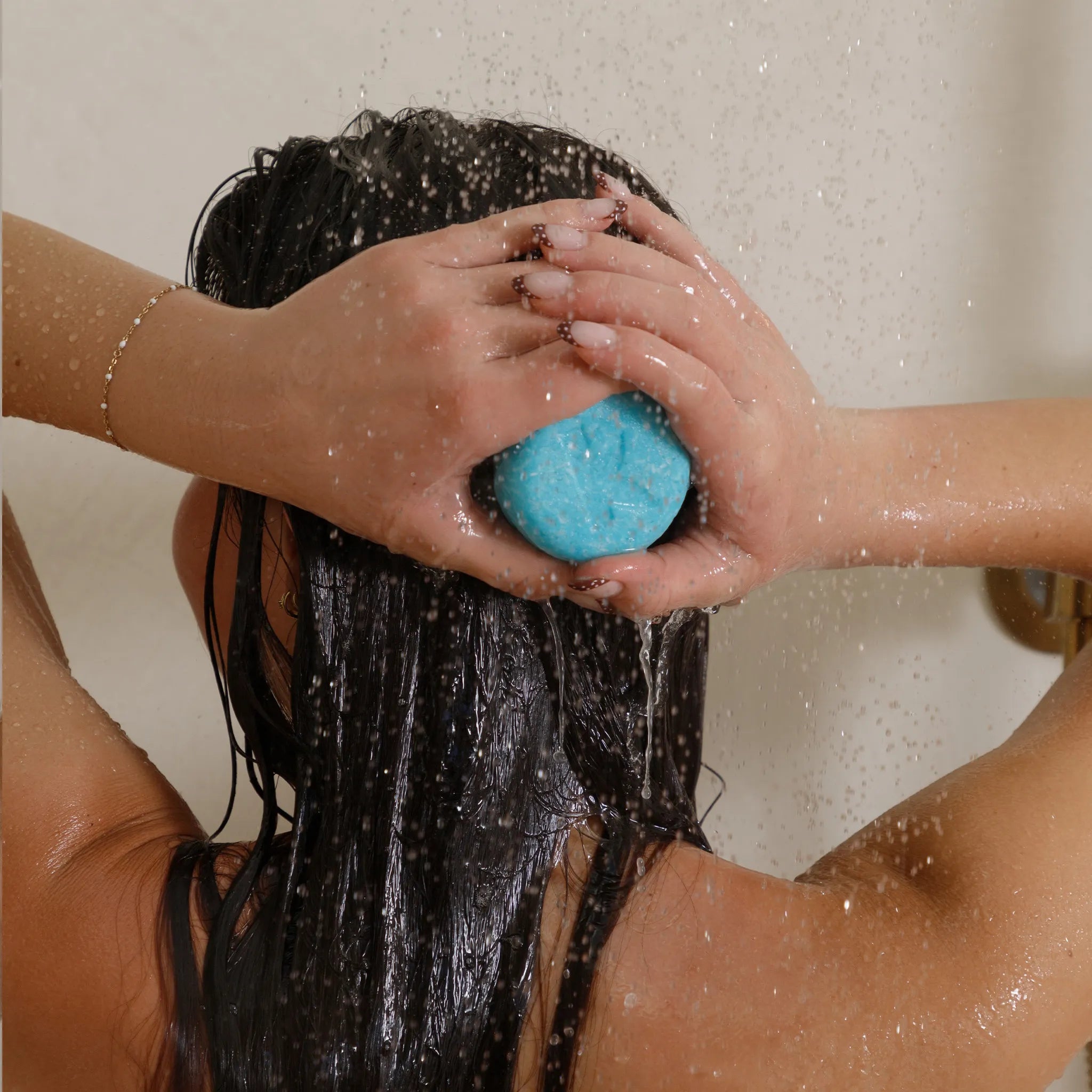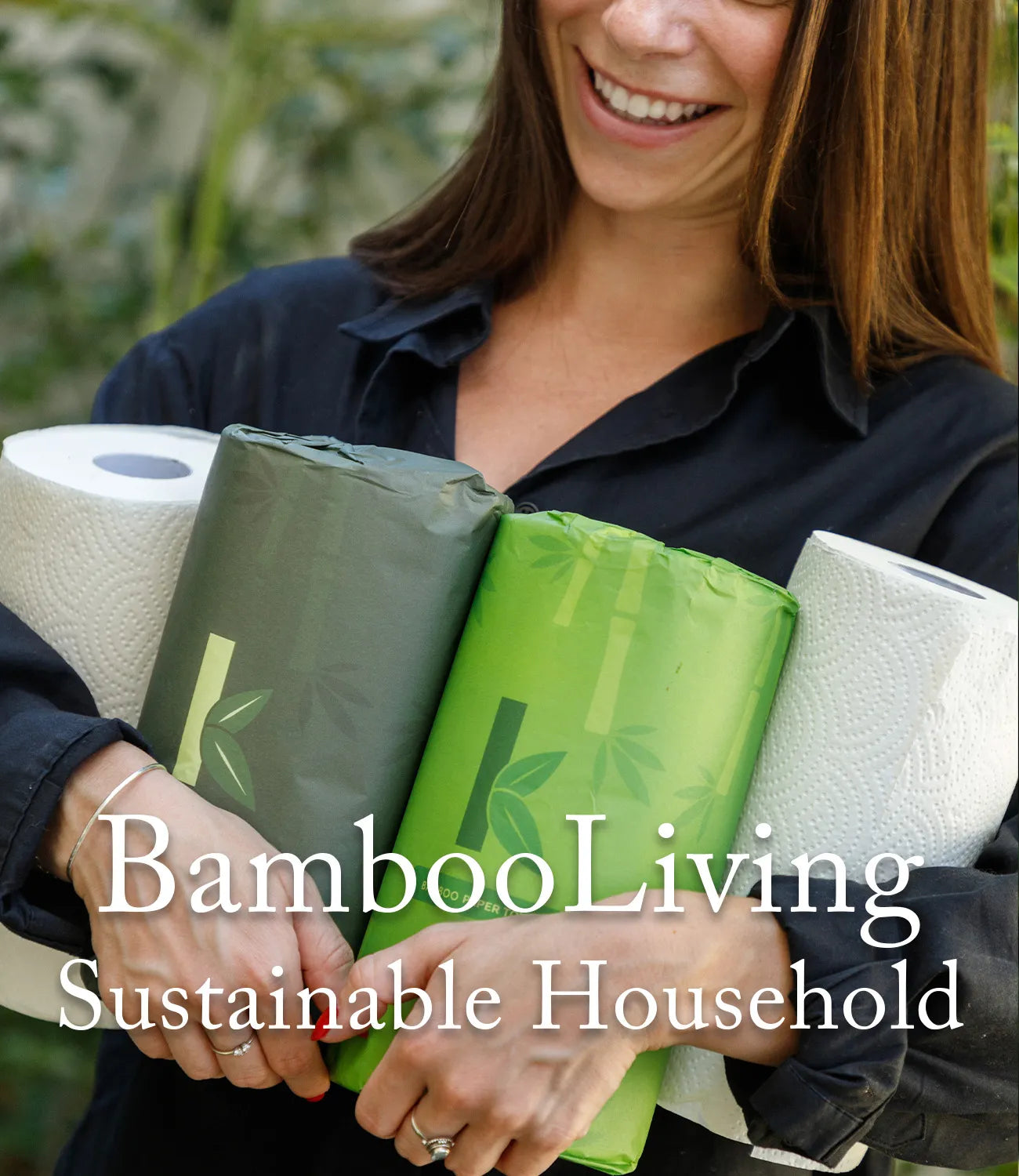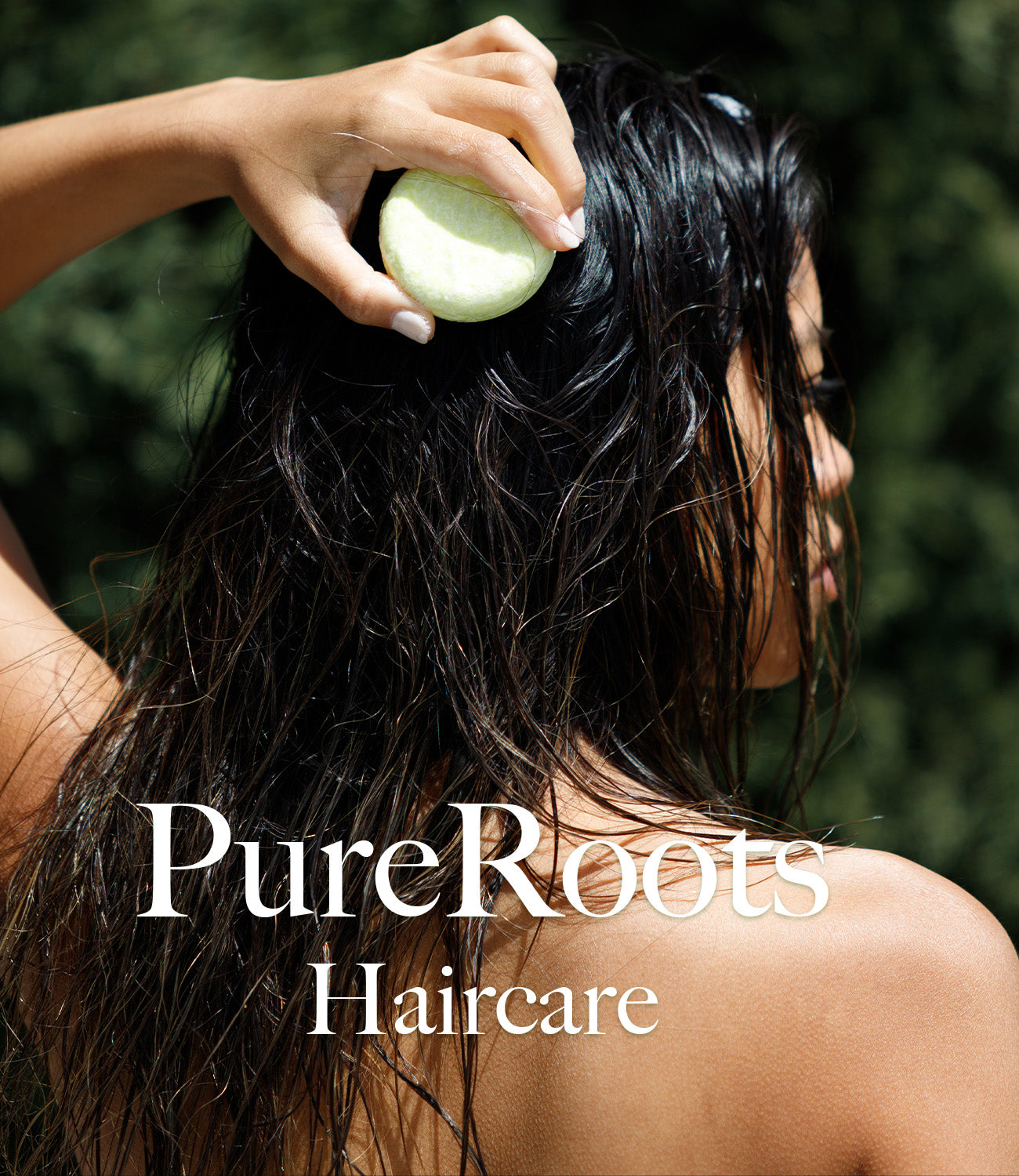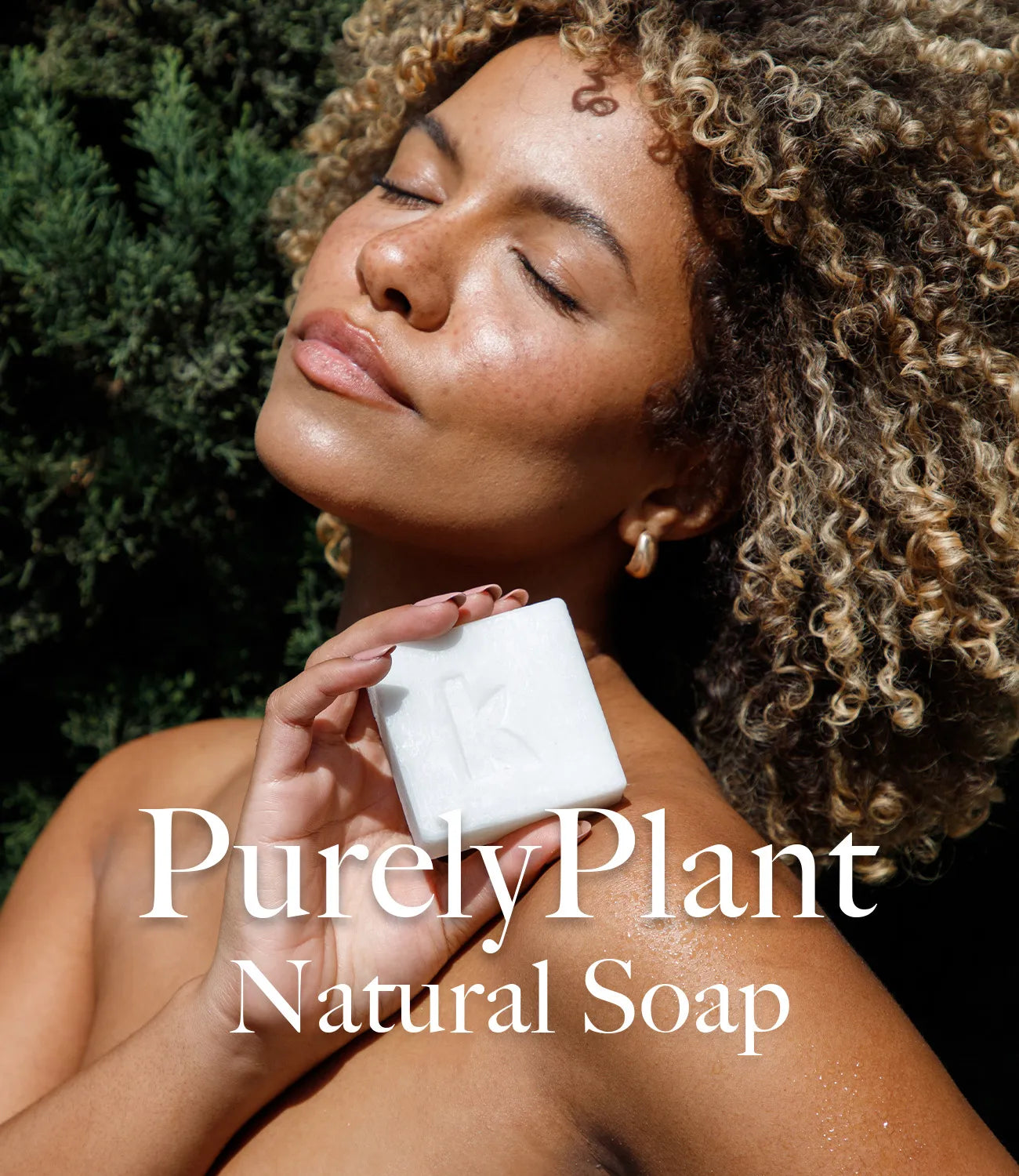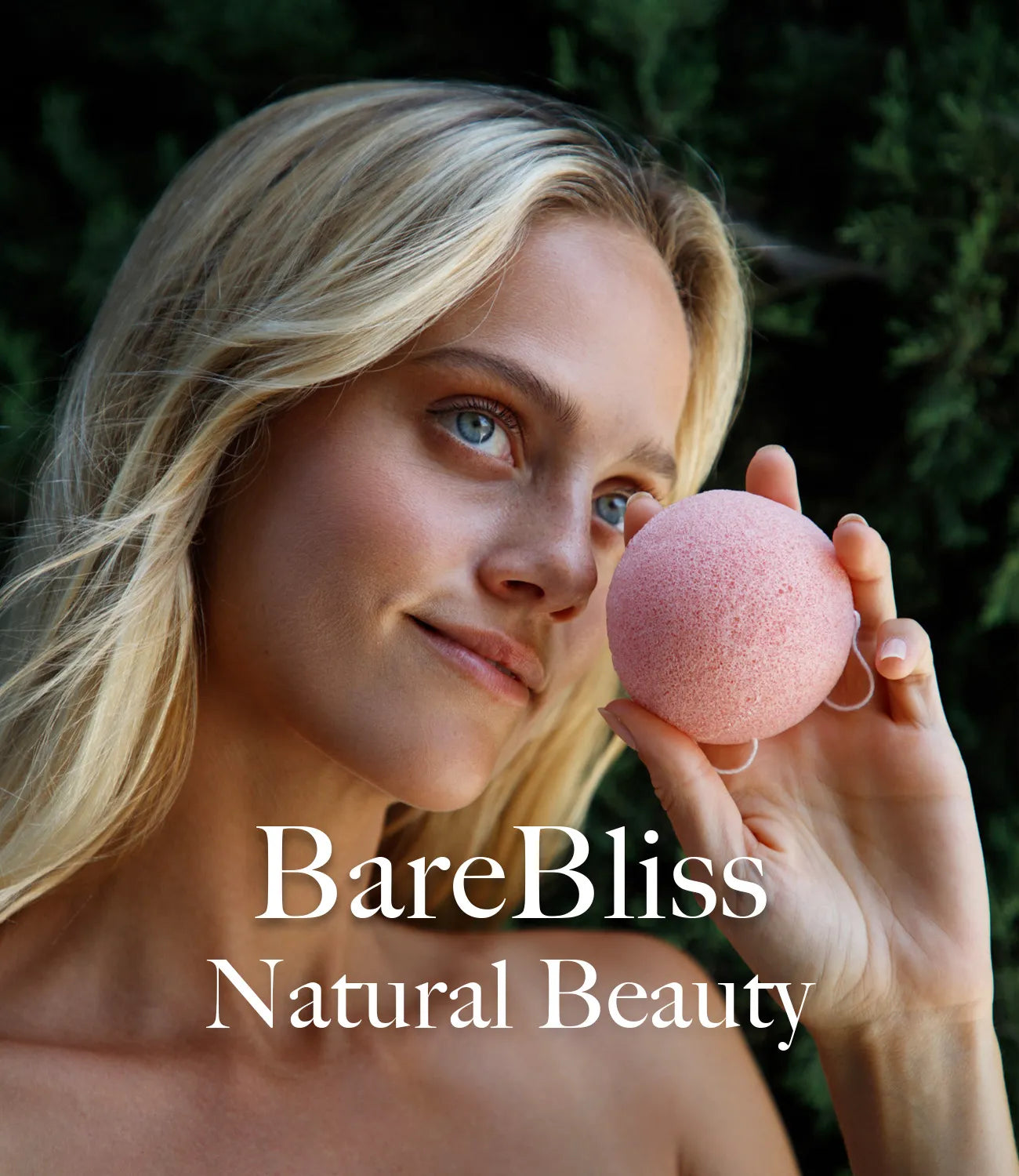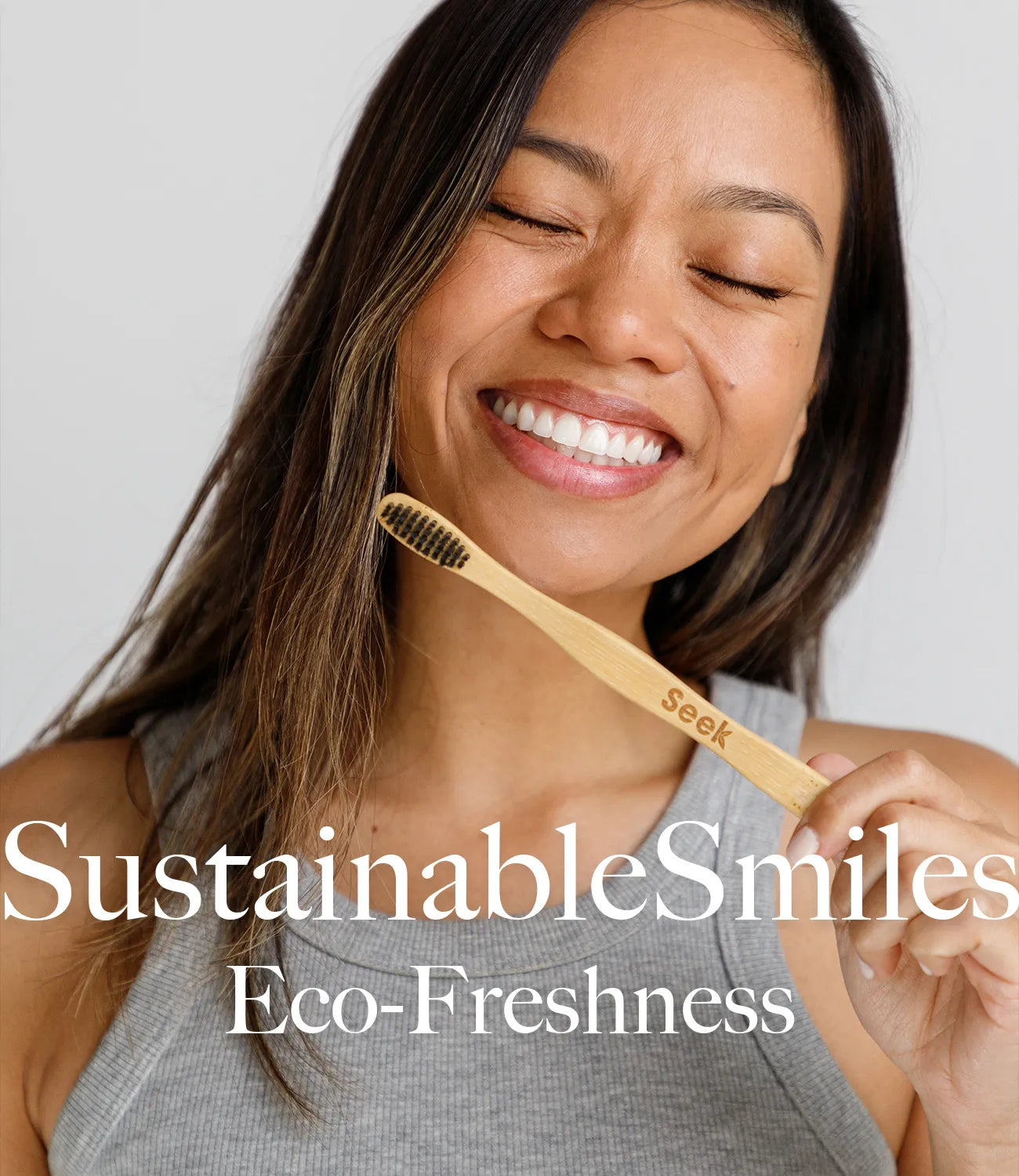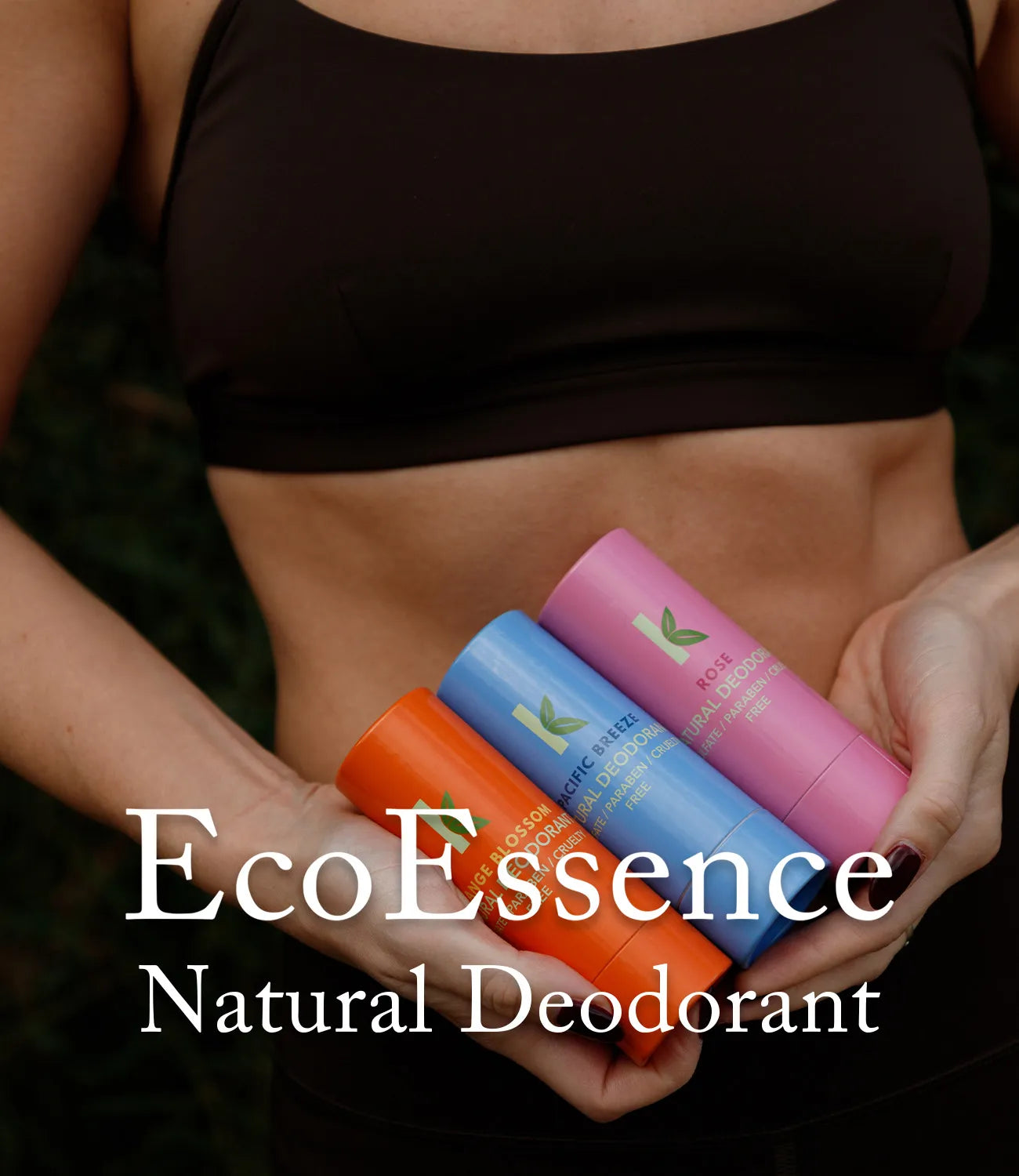How Natural Ingredients Work for Dandruff
Dandruff can be a frustrating condition that affects not just the appearance of your hair but also the health of your scalp. While there are plenty of conventional treatments available, many people are turning to natural solutions that are not only gentle on the scalp but also effective in managing dandruff. Natural ingredients like Lavender Oil, Peppermint Oil, and Rosemary Oil have been used for centuries for their soothing, antifungal, and cleansing properties. These plant-based remedies are packed with essential compounds that can help reduce scalp irritation, control flakiness, and restore balance to your skin.
In this blog, we’ll explore how these natural ingredients work to combat dandruff, highlighting their unique benefits and why they are a great choice for those looking for a gentle yet effective dandruff treatment. If you're considering making the switch to a natural shampoo bar or looking for alternatives to traditional dandruff shampoos, these ingredients may be exactly what you need for a healthier, flake-free scalp.
Introduction to Dandruff
Dandruff is a common scalp condition that leads to the shedding of dead skin cells, resulting in visible flakes in your hair and on your shoulders. While it’s not usually a serious health issue, it can be bothersome and affect your confidence. The flakes can range from small, fine particles to larger, more noticeable patches. Dandruff can also cause an itchy, irritated scalp, which can worsen if not addressed properly.
Understanding the root causes of dandruff is essential for selecting the right shampoo and scalp care routine. The most common causes include:
- Dry Scalp: One of the most common causes of dandruff is a dry scalp. When the skin on your scalp becomes dehydrated, it can lead to flaky skin. Cold weather, dry indoor air, and harsh hair care products are some common culprits that can strip moisture from your scalp.
- Oily Scalp: On the flip side, an oily scalp can also lead to dandruff. Excess oil, or sebum, can build up on the scalp and mix with dead skin cells, creating flakes. This can also create an environment where yeast (Malassezia) can thrive, which leads to scalp irritation and dandruff.
- Fungal Infections: Malassezia, a type of yeast that naturally lives on your skin, is another common cause of dandruff. When it grows uncontrollably, it can lead to scalp inflammation, flakiness, and irritation. This type of dandruff is often accompanied by itching and a greasy appearance.
- Seborrheic Dermatitis: This is a more severe form of dandruff and is related to both oily skin and fungal growth. Seborrheic dermatitis can cause redness, inflammation, and large patches of flakes, often found not just on the scalp, but also on areas like the eyebrows, sides of the nose, and chest.
- Skin Conditions: Conditions such as psoriasis and eczema can also lead to dandruff-like flakes. These skin conditions cause the skin to shed more rapidly than usual, resulting in visible flakes.
- Product Build-Up: Certain hair care products, including shampoos, conditioners, and styling products, can leave residues that cause scalp irritation or contribute to flaking. For individuals with sensitive skin, using the wrong products may exacerbate dandruff.
Why It’s Important to Address Dandruff with the Right Shampoo Ingredients
Treating dandruff effectively requires a balanced approach that targets the underlying causes. If left untreated, dandruff can worsen over time, leading to chronic irritation, more intense flaking, and even hair loss in severe cases. This is why selecting the right shampoo ingredients is crucial.
For instance, if dandruff is caused by a dry scalp, moisturizing ingredients like aloe vera, coconut oil, or lavender oil can help hydrate the skin and reduce flakiness. On the other hand, if the issue is an oily scalp or fungal overgrowth, ingredients like tea tree oil, salicylic acid, or zinc pyrithione can help control excess oil and balance the scalp’s natural ecosystem.
Choosing a shampoo with the right active ingredients ensures that your scalp is properly cared for, allowing it to heal and function normally. Whether you opt for a natural shampoo bar with gentle ingredients or a more targeted treatment with antifungal agents, using the correct formula will lead to a healthier scalp and reduce the appearance of dandruff.
Benefits of Natural Ingredients in Shampoo Bars
When it comes to treating dandruff, many people are turning to natural ingredients as a safer and gentler alternative to the harsh chemicals found in conventional dandruff shampoos. While mainstream dandruff shampoos often rely on synthetic chemicals to address scalp issues, natural ingredients offer a holistic, nurturing solution that not only targets the root causes of dandruff but also nourishes and restores balance to your scalp.
Here are the key benefits of using natural ingredients in shampoo bars for dandruff treatment:
Gentle on the Scalp
Natural ingredients are known for their soothing and nourishing properties, making them a great choice for those with sensitive or irritated scalps. Harsh chemicals like sulfates, parabens, and synthetic fragrances, which are commonly found in conventional dandruff shampoos, can strip the scalp of its natural oils, leading to dryness and increased irritation. In contrast, natural ingredients like aloe vera, coconut oil, and lavender oil help hydrate and calm the scalp, providing relief from itching and discomfort without causing further irritation.
For example, Aloe Vera is a well-known natural ingredient that soothes inflammation, moisturizes the scalp, and helps restore skin balance. It can reduce the discomfort of an itchy, dry scalp while addressing the flakiness caused by dandruff.
Effective Yet Mild Antifungal Properties
Dandruff caused by fungal overgrowth, particularly the yeast-like fungus Malassezia, can be effectively treated with natural antifungal ingredients. Unlike chemical treatments, which may contain harsh agents that could potentially damage the scalp or cause side effects, natural antifungal oils, such as Tea Tree Oil and Lavender Oil, offer powerful fungal-fighting benefits without compromising the health of your scalp.
Tea Tree Oil is especially effective in combating dandruff due to its antifungal and antibacterial properties. It helps to reduce the overgrowth of Malassezia on the scalp, effectively controlling dandruff without harsh chemicals.
Hydration and Moisture Restoration
One of the primary causes of dandruff is a dry scalp, and using a shampoo that strips the scalp of its natural oils can make this condition worse. Natural ingredients like Argan Oil, and Shea Butter are excellent for replenishing moisture and keeping the scalp hydrated. These oils contain fatty acids that nourish the scalp and prevent flakiness caused by dehydration, leaving your scalp and hair soft, shiny, and healthy.
Free from Harsh Chemicals
Traditional dandruff shampoos often contain sulfates, parabens, silicones, and artificial fragrances, which can irritate the scalp and exacerbate dandruff symptoms over time. These synthetic chemicals are not only harmful to your scalp but can also negatively impact the environment due to their non-biodegradable nature.
Natural shampoo bars, on the other hand, are typically free from these harsh chemicals. They are made with plant-based ingredients that are gentle on the scalp and biodegradable, making them a safer option for both you and the planet. By choosing a natural shampoo bar, you are supporting clean, eco-friendly beauty products that are better for your health and the environment.
Targeted Treatment for Scalp Health
Natural shampoo bars are often formulated with a variety of active ingredients that support overall scalp health. For instance, Rosemary Oil is a natural ingredient that improves circulation to the scalp, helping to promote healthy hair growth and prevent dandruff caused by poor scalp health. Lavender Oil, known for its calming properties, helps reduce scalp irritation and stress, which are often triggers for dandruff flare-ups.
When used regularly, natural shampoo bars with these ingredients can help maintain a balanced scalp environment, reducing the frequency and severity of dandruff while keeping the scalp in optimal condition. This targeted approach ensures that your scalp is not only dandruff-free but also healthy and nourished.
Sustainability and Eco-Friendliness
Another benefit of natural shampoo bars is their commitment to sustainability. Unlike traditional liquid shampoos that come in plastic bottles, natural shampoo bars are typically plastic-free, reducing your environmental footprint. Many natural shampoo bars are made using sustainable, ethically sourced ingredients, making them a great choice for those looking to minimize their impact on the environment.
By opting for natural shampoo bars, you're not only caring for your scalp but also contributing to a more sustainable and eco-friendly beauty routine.
Conclusion: Why Choose Natural Ingredients for Dandruff?
Natural ingredients in shampoo bars provide a gentle, effective, and sustainable way to manage dandruff. From soothing inflammation to providing antifungal support and restoring moisture, these ingredients work in harmony with your scalp to address the underlying causes of dandruff while promoting overall scalp health. Choosing a natural shampoo bar with these ingredients can offer a safer, kinder alternative to harsh chemical-based dandruff treatments, ensuring that you can keep your scalp healthy and your hair looking great—naturally.
How to Use Shampoo Bars for Dandruff Effectively
Shampoo bars offer a natural, eco-friendly solution for treating dandruff. However, like any product, their effectiveness depends on how they’re used. Using shampoo bars for dandruff properly can help you maximize their benefits while minimizing the risk of scalp irritation or dryness. Below, we’ll share essential tips on how to use shampoo bars for dandruff, including how often to wash, how long to leave the shampoo on, and how to avoid scalp irritation.
How Often to Wash Your Hair with Dandruff Shampoo Bars
The frequency with which you use a dandruff shampoo bar will depend on your scalp type, the severity of your dandruff, and your overall hair care routine.
- Mild Dandruff: If your dandruff is minimal and your scalp isn’t overly oily or dry, washing your hair 2 to 3 times per week should be enough to keep flakes under control without over-drying your scalp.
- Moderate to Severe Dandruff: For more persistent dandruff, you may need to wash your hair with a dandruff shampoo bar every other day. This helps manage fungal growth and excess oil, which are major contributors to dandruff. However, don’t overdo it—over-washing can strip the scalp of natural oils and lead to dryness or irritation.
- Oily Scalp with Dandruff: If your scalp is oily in addition to having dandruff, you may find that you need to wash your hair more often. 3 to 4 times a week may be necessary to control oil production and flakes. However, always listen to your scalp and adjust as needed.
While washing more frequently can help control dandruff, be mindful not to over-wash, as this may disrupt the scalp’s natural balance.
How Long to Leave Shampoo Bar on Your Scalp
Shampoo bars work best when given time to interact with the scalp, allowing the active ingredients to address dandruff at its source. Here’s how to use your shampoo bar for the best results:
- Lather the Shampoo Bar: Begin by wetting your hair thoroughly. Rub the shampoo bar between your hands or directly on your scalp to create a rich lather. Massage the lather gently into your scalp with your fingertips, focusing on areas with the most flakes or irritation.
- Avoid Over-Exposing Your Scalp: Don’t leave the shampoo on for too long, especially if your scalp is sensitive, as this can lead to dryness or irritation. 3 to 5 minutes should be sufficient for most people.
- Rinse Thoroughly: After the waiting period, rinse your hair thoroughly with lukewarm water to remove the shampoo and any loosened flakes. Make sure you remove all product residue from your hair and scalp.
How to Avoid Scalp Irritation When Using Shampoo Bars
Although shampoo bars are made from natural ingredients and are generally gentler than conventional shampoos, improper use or overuse can still lead to scalp irritation. Follow these tips to avoid irritation and maximize the benefits of your dandruff shampoo bar:
- Don’t Over-Wash Your Hair: Over-washing can strip the scalp of its natural oils, leading to dryness, redness, or irritation. Stick to a consistent routine and avoid washing your hair too frequently, unless your scalp is particularly oily or your dandruff is severe. A good rule of thumb is to wash your hair no more than 3 to 4 times per week, depending on your scalp’s needs.
- Use Lukewarm Water: Hot water can dry out your scalp and hair, making dandruff worse. Wash your hair with lukewarm water to help keep your scalp moisturized while avoiding excess dryness or irritation.
- Use a Gentle, Moisturizing Conditioner: If you find that your hair or scalp feels dry after using a shampoo bar, consider following up with a gentle natural conditioner. Look for conditioners with ingredients like aloe vera, coconut oil, or shea butter, which can help hydrate the scalp and hair without adding chemicals or synthetic fragrances.
- Patch Test New Ingredients: When trying a new shampoo bar, especially one with active ingredients like tea tree oil, peppermint, or salicylic acid, it’s always a good idea to perform a patch test on a small area of your scalp to ensure you don’t have any allergic reactions or irritation. Apply a small amount of shampoo to a small section of your scalp and wait 24 hours to see if any irritation occurs.
- Choose a Shampoo Bar with Soothing Ingredients: For sensitive or irritated scalps, opt for shampoo bars that contain soothing ingredients like lavender oil, chamomile extract, or aloe vera. These ingredients are gentle on the skin and can help reduce inflammation, calm itchiness, and prevent further irritation.
Other Tips for Using Shampoo Bars to Combat Dandruff
While using a shampoo bar is an excellent first step in controlling dandruff, there are other habits and routines you can adopt to support scalp health:
- Maintain a Balanced Diet: A healthy diet rich in vitamins, minerals, and healthy fats (like omega-3 fatty acids) can support scalp health and help reduce dandruff. Foods like leafy greens, nuts, seeds, and fatty fish can provide essential nutrients for your skin.
- Scalp Massages: Gently massaging your scalp while applying shampoo can improve circulation and help distribute the shampoo evenly. This promotes healthy blood flow and can help prevent the buildup of dead skin cells, which contribute to dandruff.
- Use a Scalp Treatment: If needed, consider adding a natural scalp treatment or oil to your routine. Tea tree oil or argan oil can help combat dandruff by targeting the root causes, such as excess oil or fungal overgrowth, while also providing moisturizing benefits.
- Stay Hydrated: Drinking plenty of water keeps your scalp and skin hydrated, helping to reduce dryness and the risk of dandruff. Aim for at least eight glasses of water a day to keep your body—and your scalp—well-hydrated.
Conclusion: Mastering the Art of Using Shampoo Bars for Dandruff
Shampoo bars are a fantastic natural solution for managing dandruff when used correctly. By following the right washing schedule, leaving the shampoo on long enough to work its magic, and avoiding scalp irritation, you’ll be well on your way to achieving a healthy, flake-free scalp. With the added benefits of natural ingredients and the eco-friendly nature of shampoo bars, this method can help you say goodbye to dandruff while keeping your scalp nourished and balanced.
Remember, consistency is key. Stick to a routine that works for your scalp and be patient—dandruff control doesn’t happen overnight. With the right shampoo bar and a little care, your scalp can feel refreshed, soothed, and flake-free.
Take the First Step Toward a Healthier Scalp
The journey to a dandruff-free scalp starts with a small, mindful change—switching to a natural shampoo bar that targets the root causes of dandruff. Whether you’re dealing with an oily scalp, dryness, or fungal issues, natural shampoo bars have the potential to address these concerns without the harsh chemicals often found in conventional dandruff shampoos. By incorporating these gentle yet powerful products into your hair care routine, you’re not only improving your scalp health but also making a positive impact on the environment. Take the first step today towards healthier, happier hair and enjoy the benefits of a natural solution that works with your scalp’s unique needs.
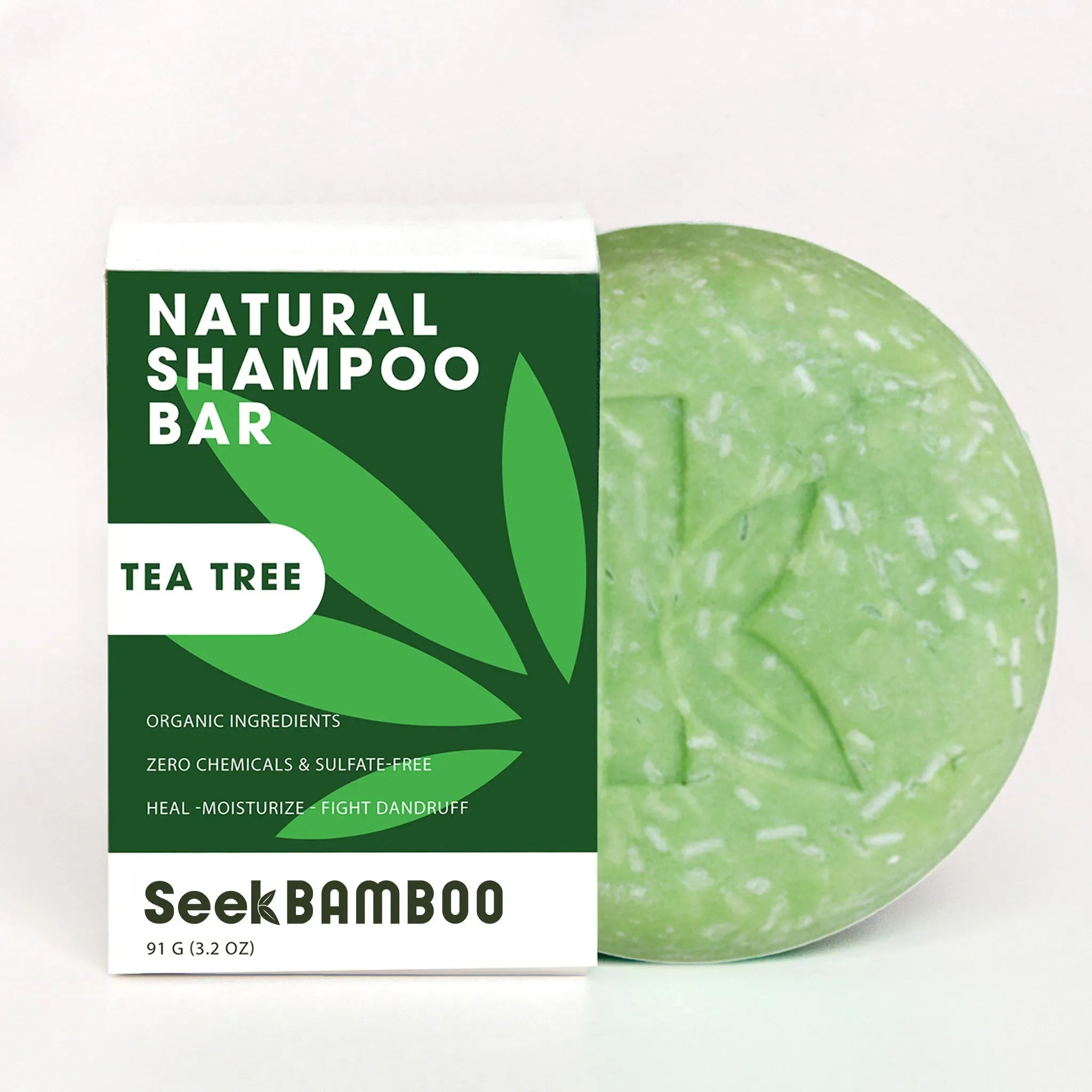
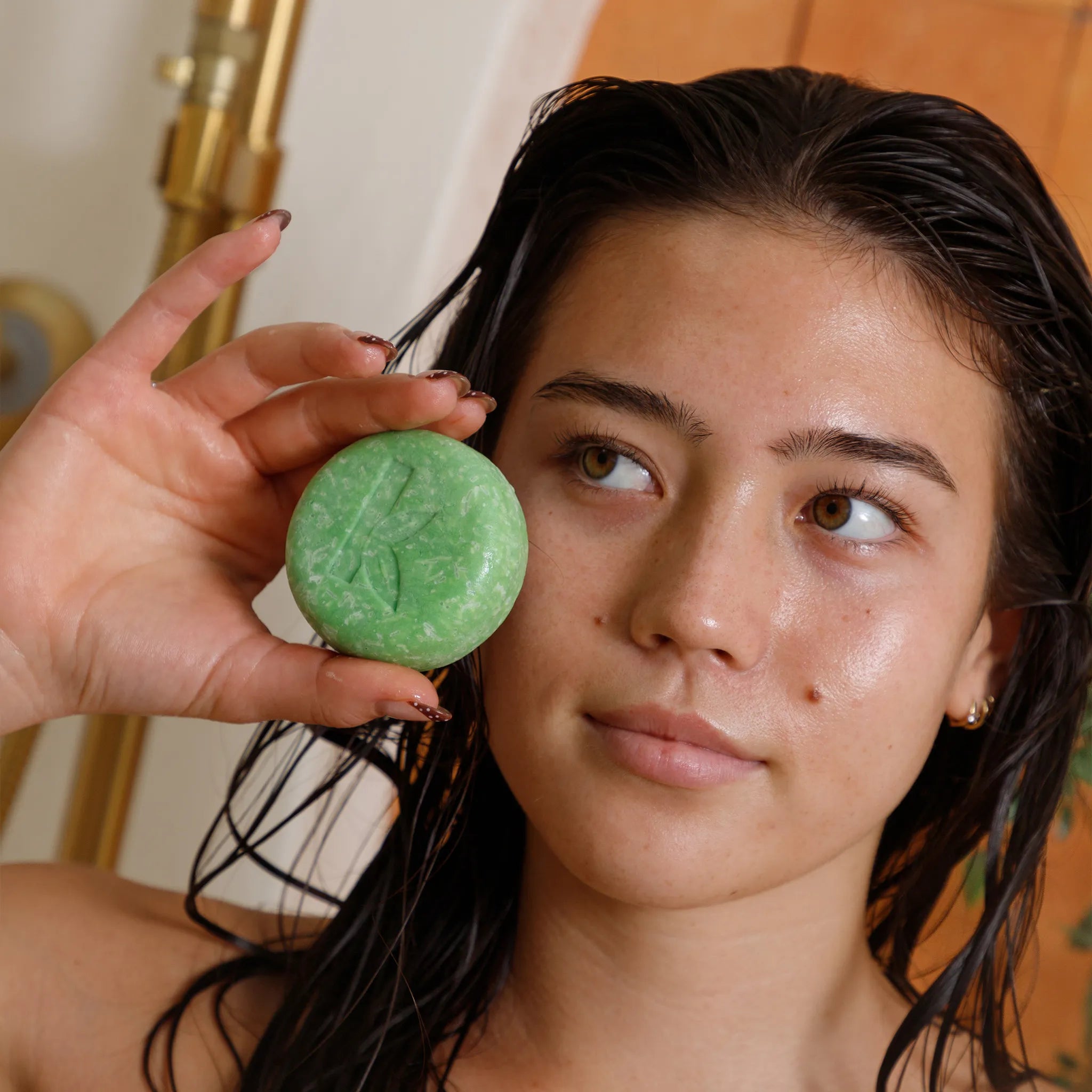
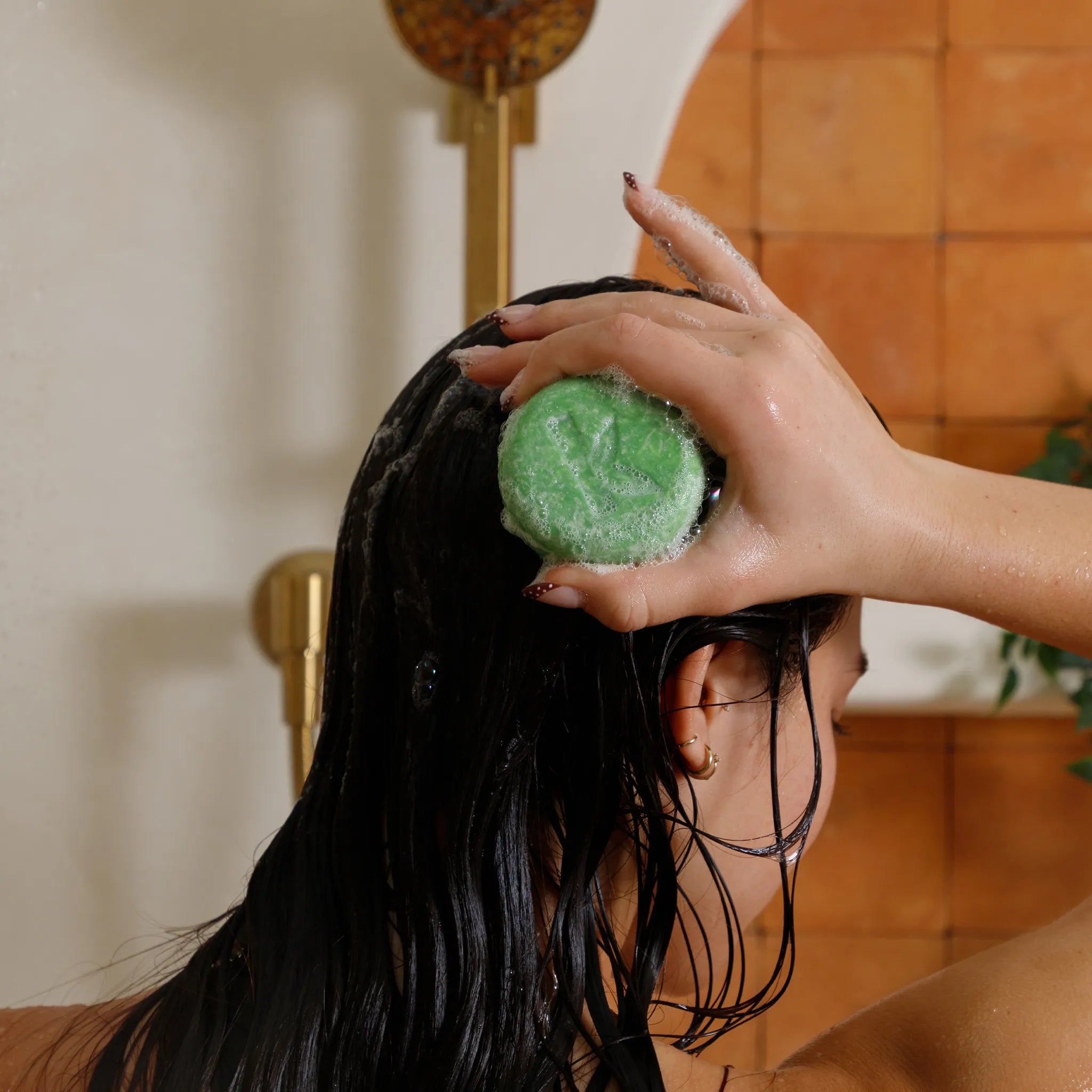
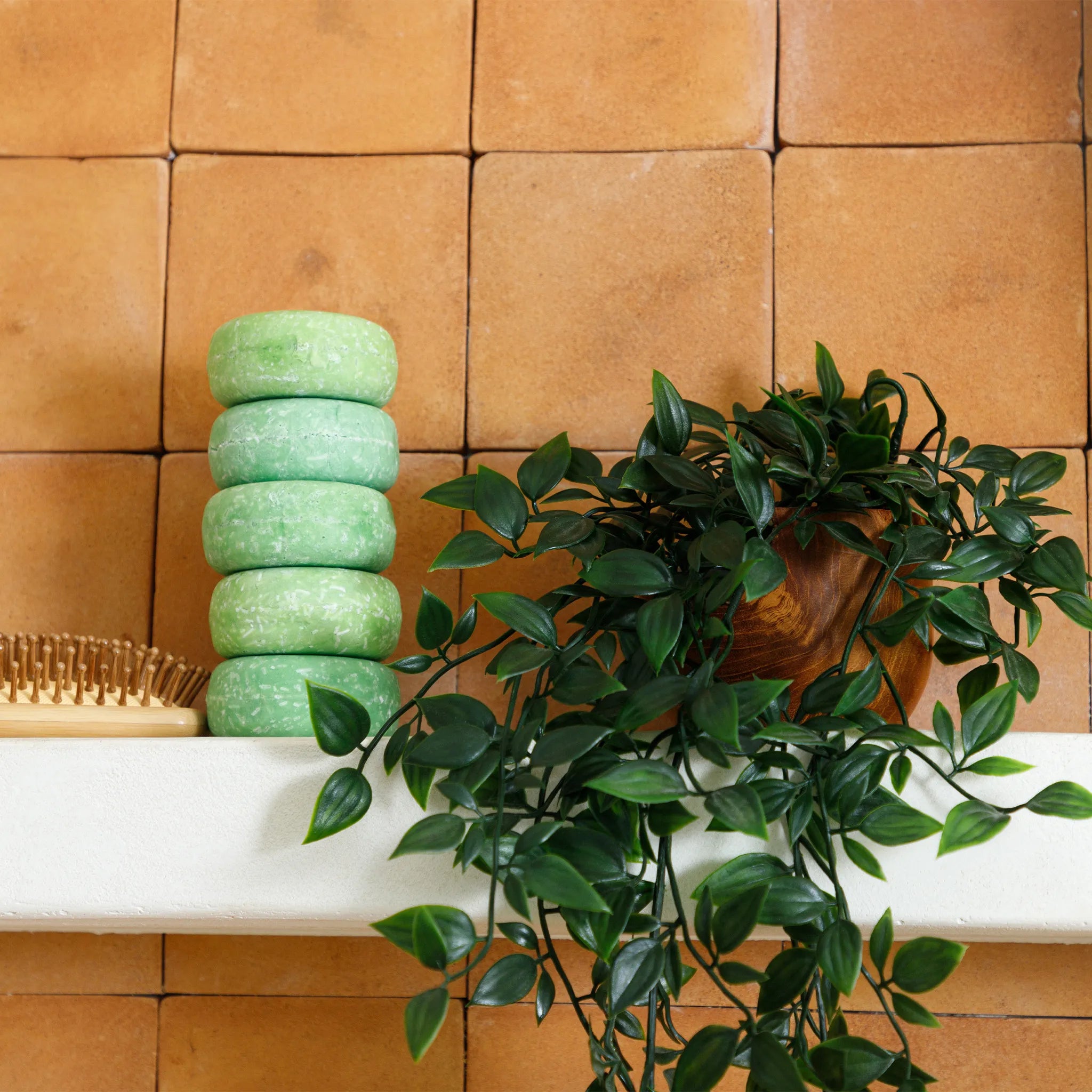
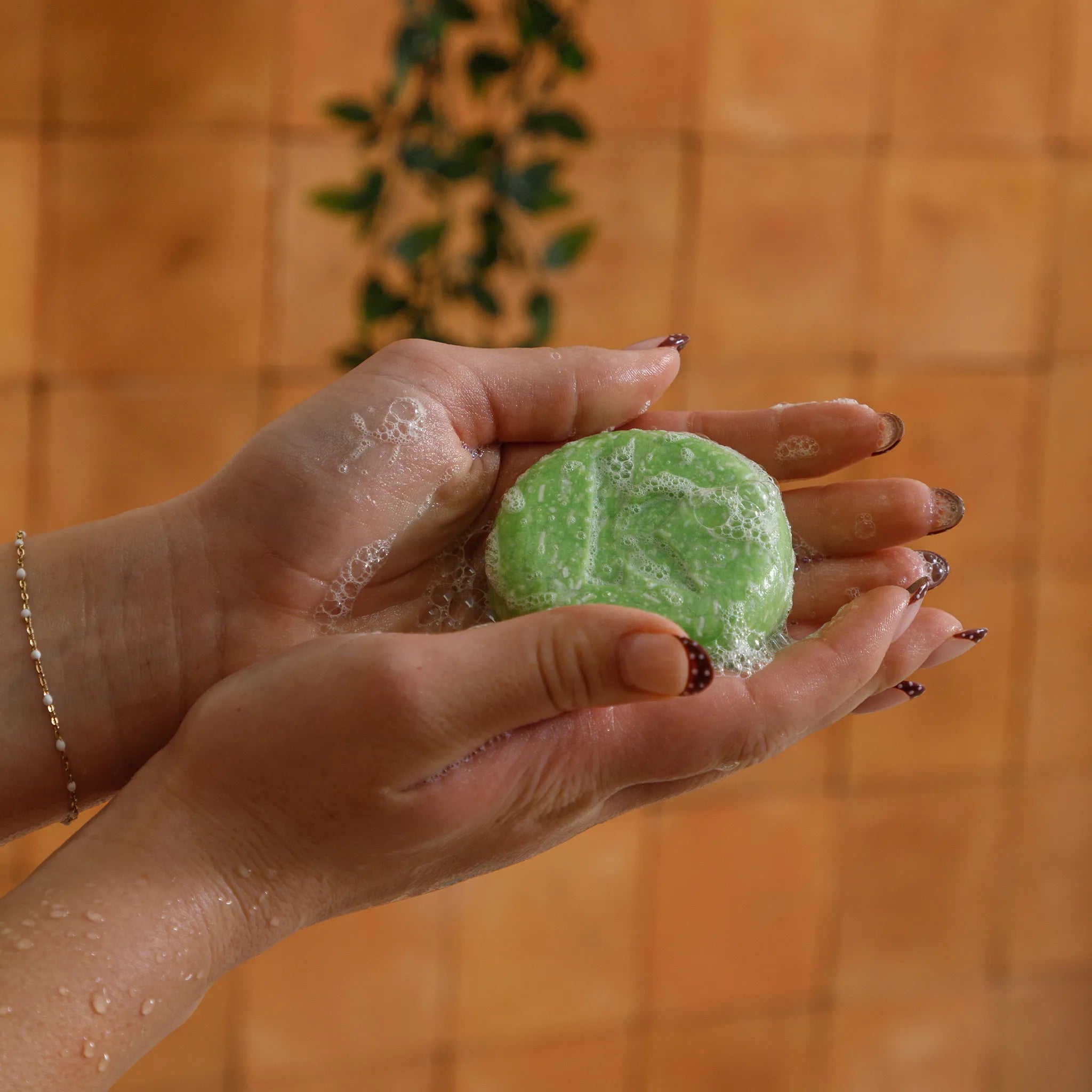
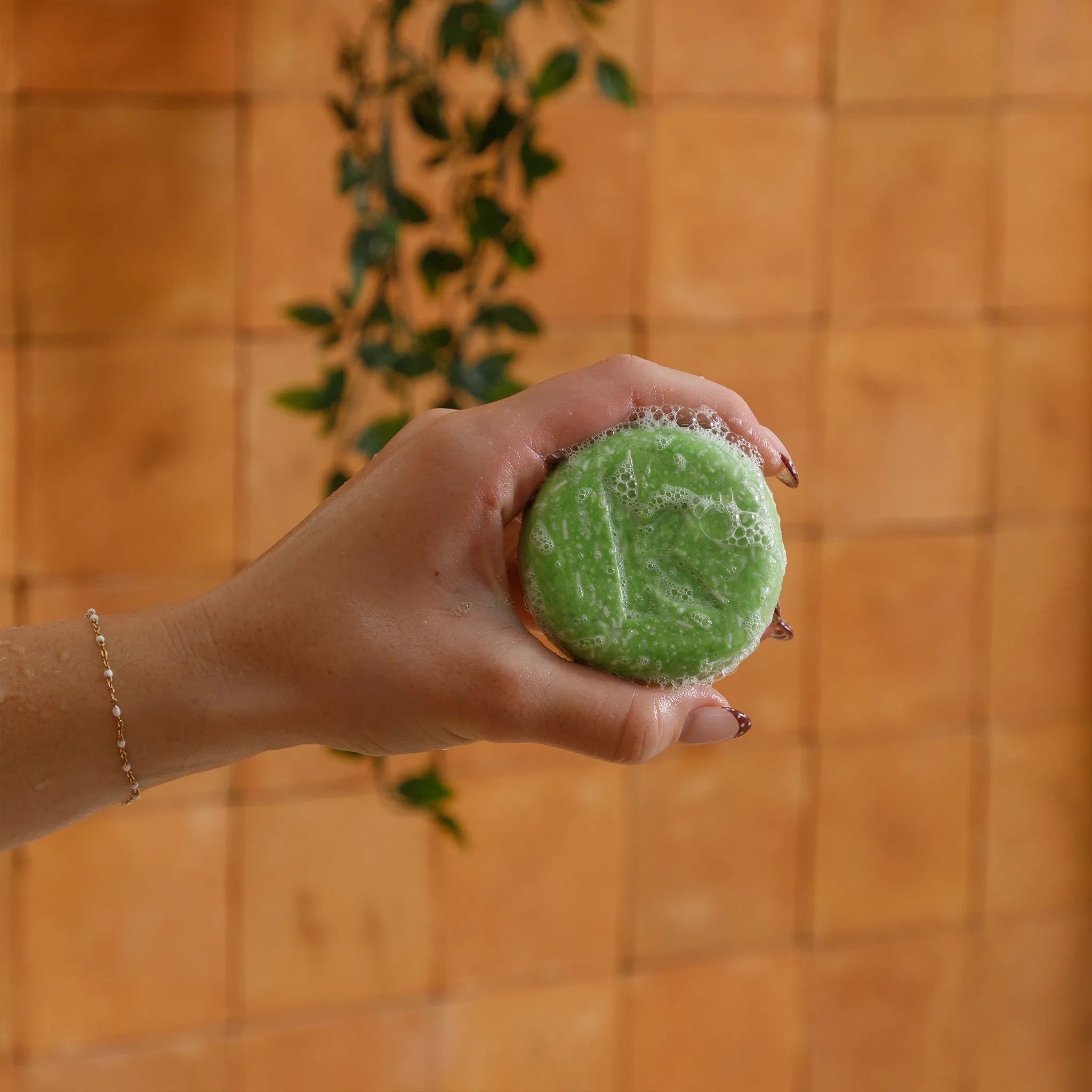
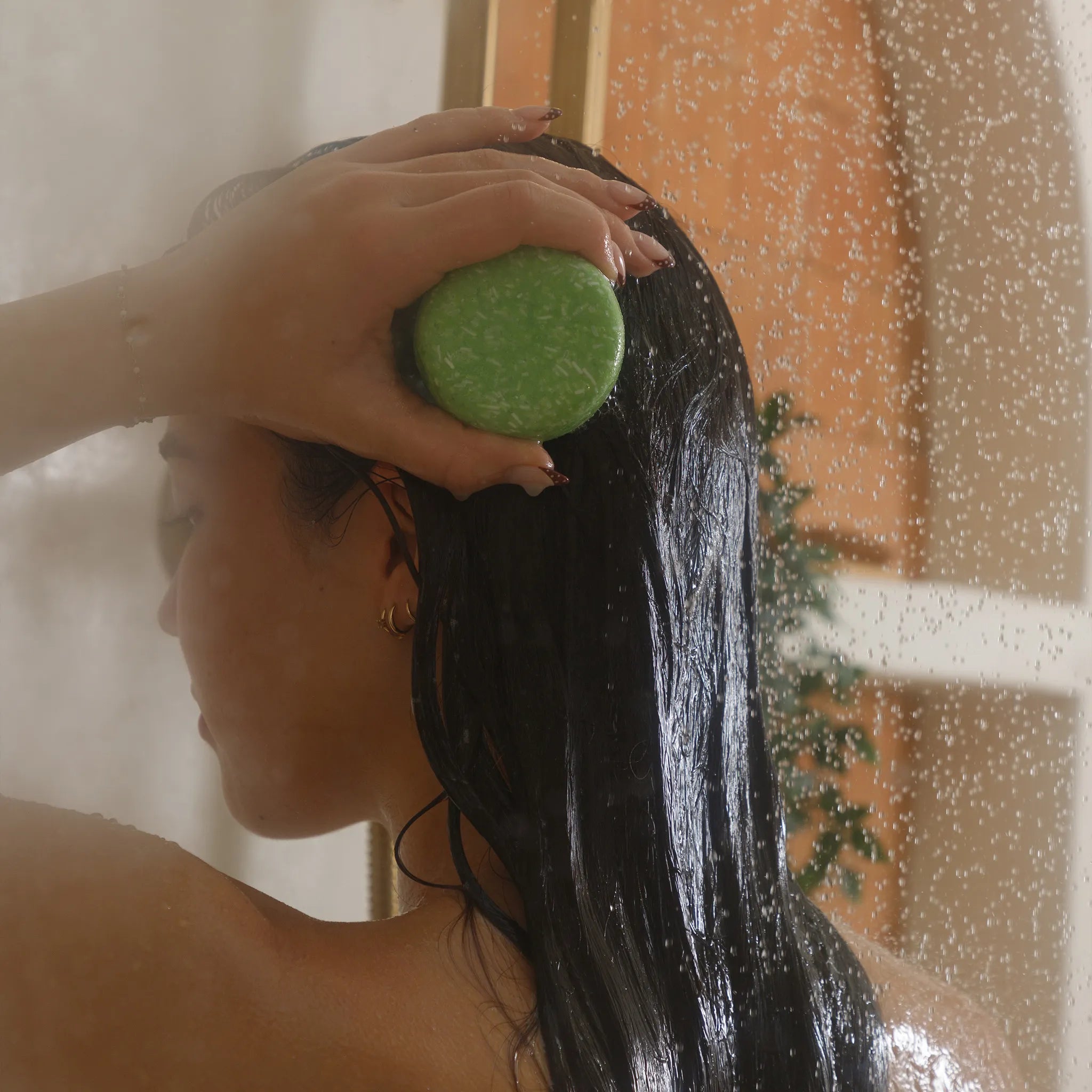
✓ Tea tree oil helps cleanse the scalp, reducing buildup and promoting a fresh, balanced environment for hair growth
✓ Known for its natural antibacterial and antifungal properties, tea tree oil helps soothe scalp irritation and reduce dandruff
✓ Larger 3.2 oz size lasts 70-90 washes, replacing up to 3 plastic bottles of shampoo
✓ Plastic-free and eco-friendly packaging, making it a sustainable choice for both your hair and the planet
✓ Free of sulfates, palm oil, parabens, dyes, & synthetic fragrances
Embrace Natural Solutions for a Flake-Free Future
As we move toward more conscious and sustainable choices in our daily lives, the products we use for hair care should align with that shift. Natural shampoo bars are a fantastic way to embrace both self-care and environmental responsibility. They offer a gentle yet effective solution for dandruff by using ingredients that nourish your scalp and hair, without the harmful chemicals found in traditional dandruff shampoos. Whether you’re struggling with dryness, oiliness, or fungal overgrowth, the right shampoo bar can make all the difference. Take charge of your scalp health today and start enjoying the benefits of a clean, healthy, and dandruff-free scalp.
Natural Shampoo Bars
Final Thoughts on Dandruff and Shampoo Bars
In conclusion, managing dandruff doesn’t have to involve harsh chemicals or complicated routines. Natural shampoo bars provide an effective, eco-friendly alternative that works in harmony with your scalp’s natural processes. With the right ingredients—such as tea tree oil, peppermint, and lavender—shampoo bars can soothe irritation, reduce flakes, and restore balance to your scalp. By understanding your scalp type and using these products correctly, you can enjoy a healthier scalp and vibrant, flake-free hair. Remember, consistency is key, so be patient as you let your natural shampoo bar work its magic. Embrace this simple yet effective solution, and say goodbye to dandruff while caring for your hair and the environment.
Dandruff Dilemmas? We've Got the (Flake-Free) Answers!
Choosing the right bar to beat the flakes, without the hassle.
What causes dandruff, and how can shampoo bars help?
Dandruff is a common scalp condition characterized by flaking and itching. It is often caused by dry skin, excess oil production, or a fungal infection called Malassezia. Shampoo bars designed for dandruff typically contain natural ingredients like tea tree oil, peppermint, and salicylic acid that help target these underlying causes. Tea tree oil and peppermint oil have antifungal and soothing properties that combat the overgrowth of fungus, while ingredients like salicylic acid help remove dead skin cells and prevent excessive flaking.
How do I choose the right shampoo bar for my dandruff?
To choose the best shampoo bar for dandruff, it’s important to consider your scalp type. If you have an oily scalp, look for a shampoo bar with balancing ingredients like peppermint or tea tree oil, which can reduce excess oil. For a dry scalp, opt for a shampoo bar with moisturizing ingredients like aloe vera or chamomile to soothe and hydrate the scalp. If your dandruff is caused by fungal overgrowth, a shampoo bar with antifungal properties (like tea tree oil) is recommended. Always look for natural, gentle ingredients and avoid harsh chemicals like sulfates, which can irritate your scalp.
How often should I use a shampoo bar for dandruff?
The frequency with which you use a shampoo bar for dandruff depends on the severity of your condition and your scalp type. If your dandruff is mild, washing your hair 2 to 3 times a week is usually enough. For moderate to severe dandruff, you may need to use the shampoo bar every other day to effectively control flakes. However, over-washing can dry out your scalp, so always adjust based on how your scalp responds. If you find your scalp becoming irritated or dry, reduce the frequency and incorporate a moisturizing conditioner.
Can shampoo bars be used on color-treated hair with dandruff?
Yes, most natural shampoo bars can be safely used on color-treated hair, as they typically contain fewer chemicals that can strip color or cause damage. However, it’s always a good idea to check the ingredients list for any harsh ingredients that could affect your hair color. If you're concerned about your color-treated hair, choose a gentle, moisturizing shampoo bar with natural oils and soothing ingredients like lavender or chamomile, which won’t strip or fade color.
How long should I leave the shampoo bar on my scalp for the best results?
For best results, leave the shampoo bar on your scalp for 3 to 5 minutes. This allows the active ingredients to work their magic and tackle the root causes of dandruff, such as fungal growth and excess oil production. After applying the lather to your scalp, massage gently for a few moments to ensure even distribution, then let it sit for the recommended time before rinsing thoroughly with lukewarm water. Avoid leaving the shampoo on for too long, especially if you have sensitive skin, as it may lead to dryness or irritation.
How can I prevent scalp irritation when using shampoo bars for dandruff?
To prevent scalp irritation while using shampoo bars, start by choosing a bar with gentle, natural ingredients. Avoid bars with strong fragrances, sulfates, or parabens, as these can cause irritation, especially if you have sensitive skin. Always patch-test a new shampoo bar on a small area of your scalp before using it on your entire head to check for allergic reactions. Use lukewarm water when washing your hair, and don’t over-wash your scalp, as this can lead to dryness and irritation. If your scalp becomes dry after using the bar, consider using a natural conditioner to maintain moisture and balance.
Can I use a conditioner with a shampoo bar for dandruff?
Yes, using a conditioner with a shampoo bar is perfectly fine, especially if your scalp or hair feels dry after shampooing. Look for a conditioner that is lightweight and moisturizing, containing natural ingredients like aloe vera, coconut oil, or shea butter. This will help hydrate your scalp and hair without clogging pores or causing more flakes. If you have an oily scalp, consider using conditioner only on the ends of your hair to avoid weighing down the scalp area.
Are shampoo bars for dandruff safe for sensitive scalps?
Shampoo bars can be safe for sensitive scalps if they are formulated with natural, soothing ingredients and are free from harsh chemicals. Look for bars that contain calming ingredients like lavender, chamomile, or aloe vera, which are gentle and help soothe irritation. Avoid bars with added fragrances or strong active ingredients like salicylic acid if your scalp is particularly sensitive. It’s always a good idea to do a patch test before using any new product to ensure it doesn’t cause any irritation.



